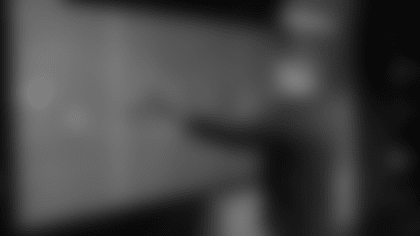EAGAN, Minn. — The longest play of Minnesota's Week 1 loss came when the Vikings were on defense.
With less than a minute to go in the first half, Vikings Head Coach Mike Zimmer dialed up a blitz to try and pressure Bengals quarterback Joe Burrow.
But the 2020 No. 1 overall pick wasn't fazed by the pressure, as he calmly hit rookie Ja'Marr Chase down the right sideline for a 50-yard touchdown against 1-on-1 coverage by Vikings cornerback Bashaud Breeland.
Vikings safety Harrison Smith blitzed on that play, leaving Xavier Woods as the lone safety back in the secondary … and Breeland with no help over the top. Linebacker Eric Kendricks also blitzed, but he was blocked by Joe Mixon.
"The one, honestly, was a bad call," Zimmer, who calls the defensive plays, recounted Monday afternoon. "I tried to blitz them in the 2-minute drill, and [Breeland] stared at the quarterback too long."
Such is life for an NFL defensive play caller.
Zimmer spoke for nearly 15 minutes to Twin Cities media members Monday, hitting on the highs and lows of a 27-24 overtime loss to the Bengals.
But he also spent part of the media session explaining how he self-analyzes his play-calling performance.
"I mean, one call can change it," Zimmer said. "You can feel like you've done a good job all day, and usually it's one of those, 'I wish I had that call back, I wish I had this call back.'
"But defensively we played pretty good," Zimmer added. "And quite honestly, a lot of times you make a bad call, and (the players) make up for it because they do a good job making a play."
Zimmer said the play call on Smith's sack in the second quarter — another play involving a blitz by the safety — was actually designed to stop a run play.
"When Harrison Smith got his sack, I didn't know that was going to be a pass, but he ends up beating the guy and sacking him," Zimmer said. "Those guys can help you out and you can help them out at times, too."
Overall, Zimmer said he was pleased with a defense that allowed 366 total yards over 70 minutes. Minnesota limited Cincinnati to just three third-down conversions on 14 tries, and also managed to sack Burrow five times.
But much like every other game of his career, Zimmer said he'll watch the tape and keep trying to hone his craft. That includes constantly studying offensive trends and tendencies around the league.
"There's never a game that you go into and you say, 'Man, I shouldn't have called that there.' If I knew every call they were going to make it'd be easy," Zimmer said. "But they did change a lot.
"I watched [Cincinnati's game at] Washington last year, and in the first quarter, every play was a throw. There were a bunch of, after first-down runs, a bunch of throws," Zimmer added. "Those are the things you try to study and go on tendencies and figure out what's going on. Then in the course of games, you try to adjust."
While Zimmer has now called defensive plays for a hundred-plus games with Minnesota, Vikings Offensive Coordinator Klint Kubiak made his debut with offensive play-calling Sunday.
The Vikings racked up 403 total yards but likely could have more if the first half wasn't littered with penalties and miscues that led to numerous third-and-long situations.
Minnesota's average yard-to-gain on third down against Cincinnati was a whopping 12.06 yards, and the Vikings had five different third-down plays where they needed to gain at least 20 yards.
View game action photos of the Vikings before the season opener against the Bengals at Paul Brown Stadium.



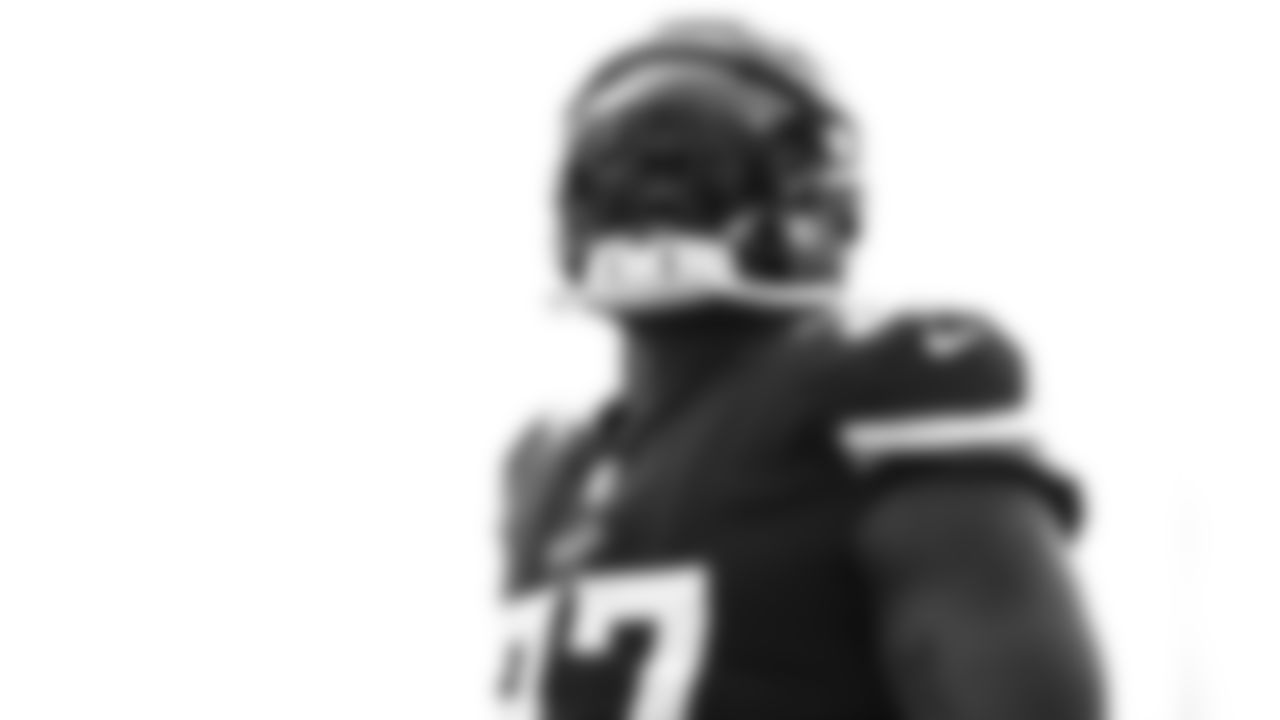



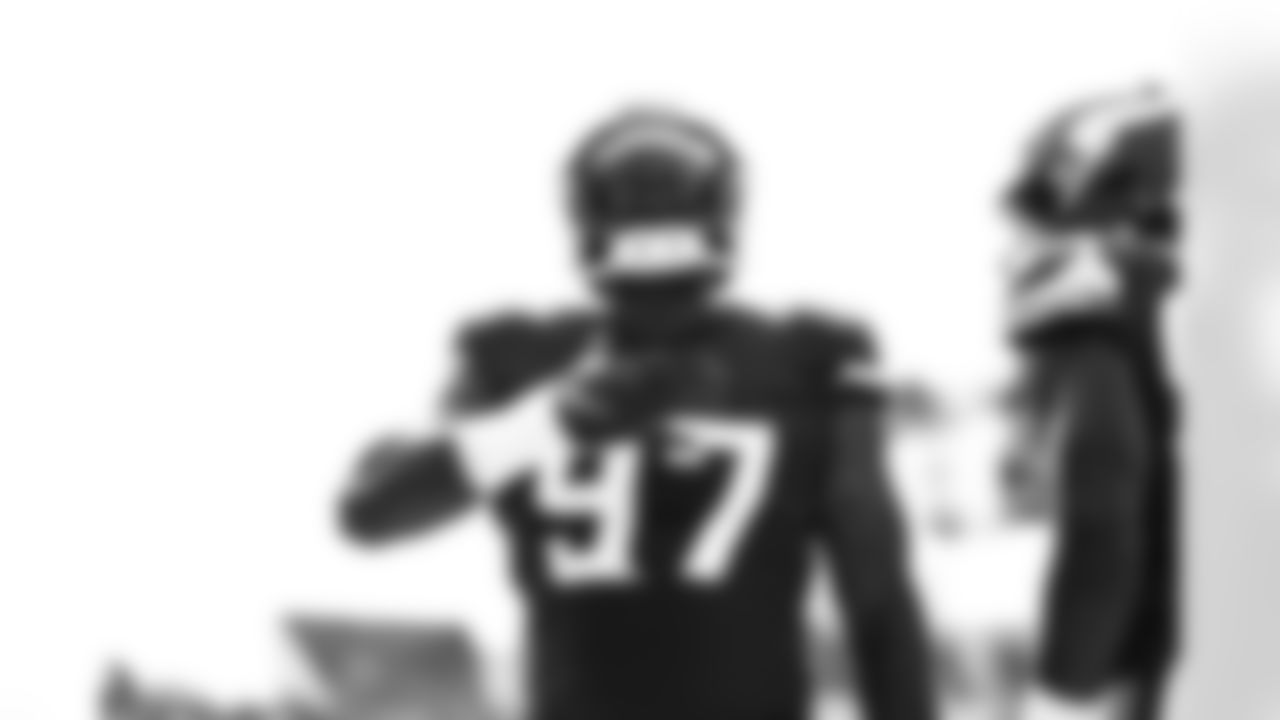



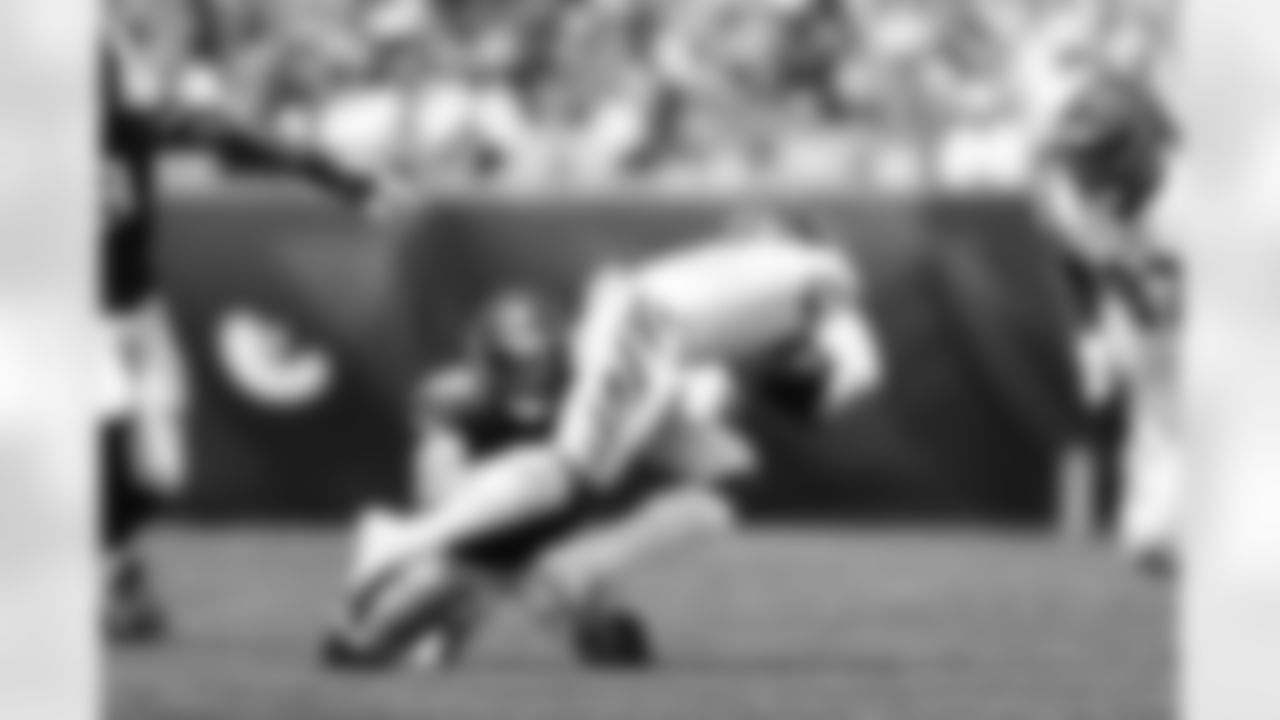



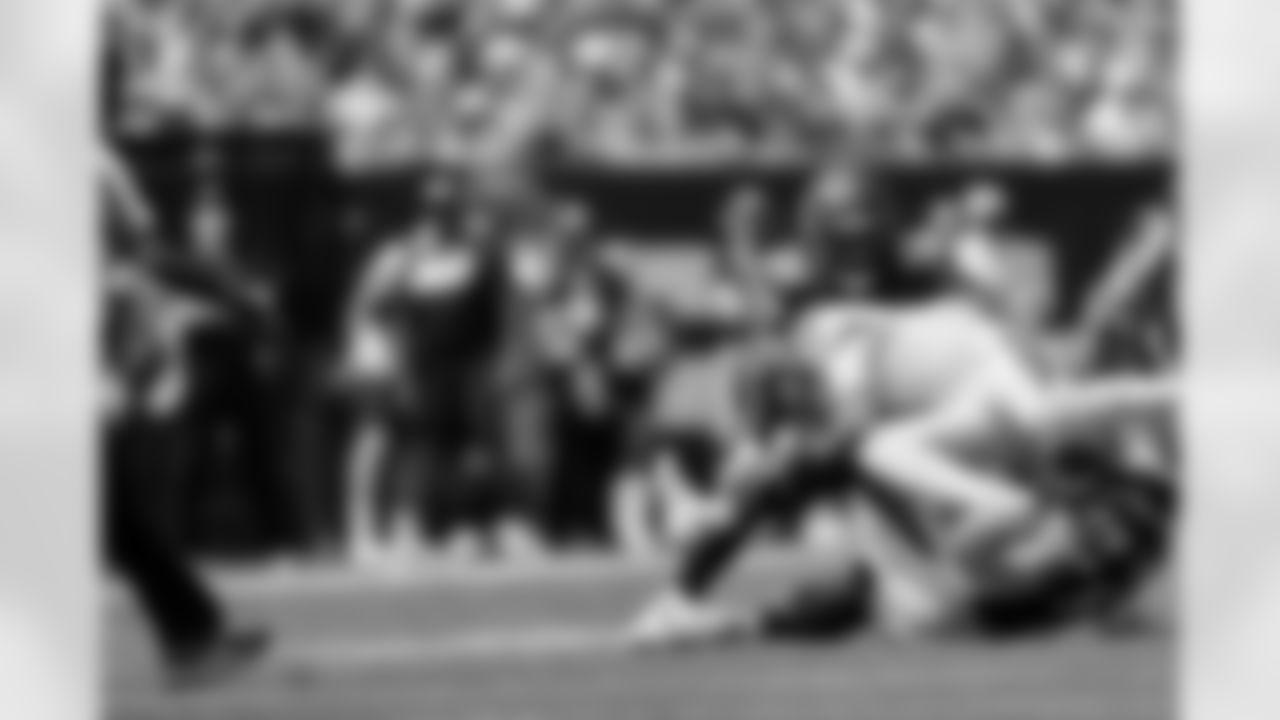





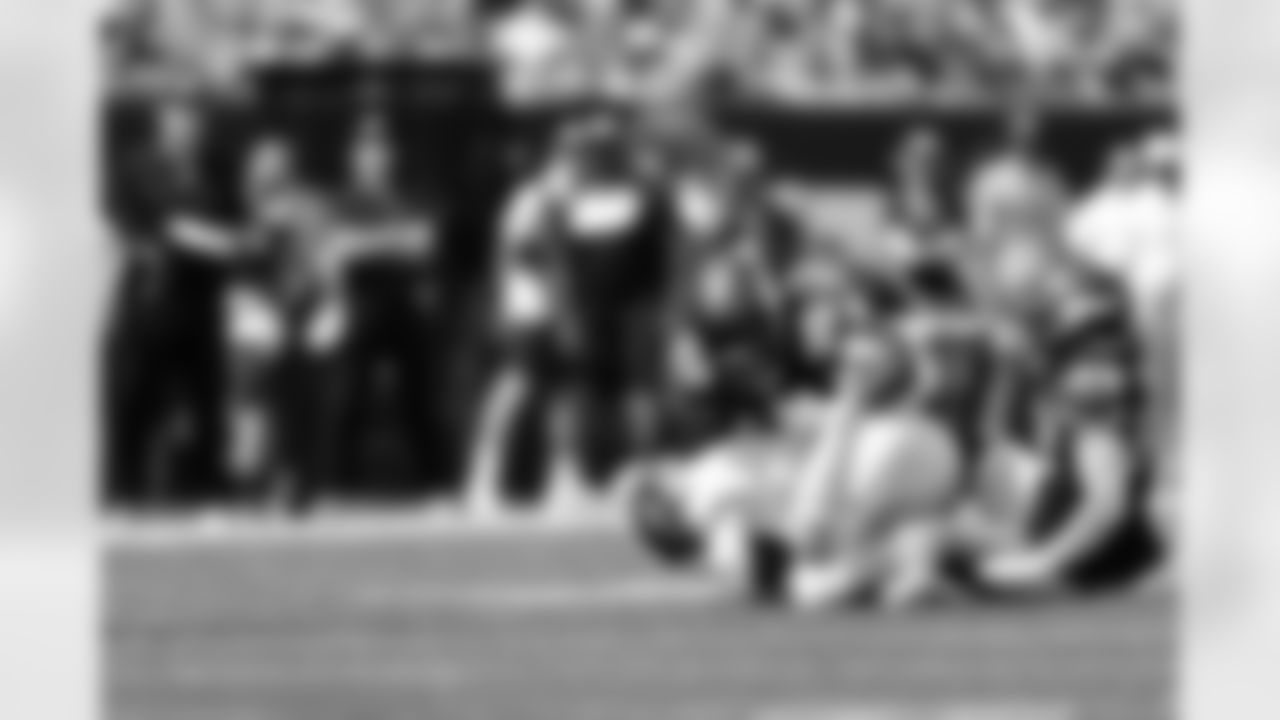

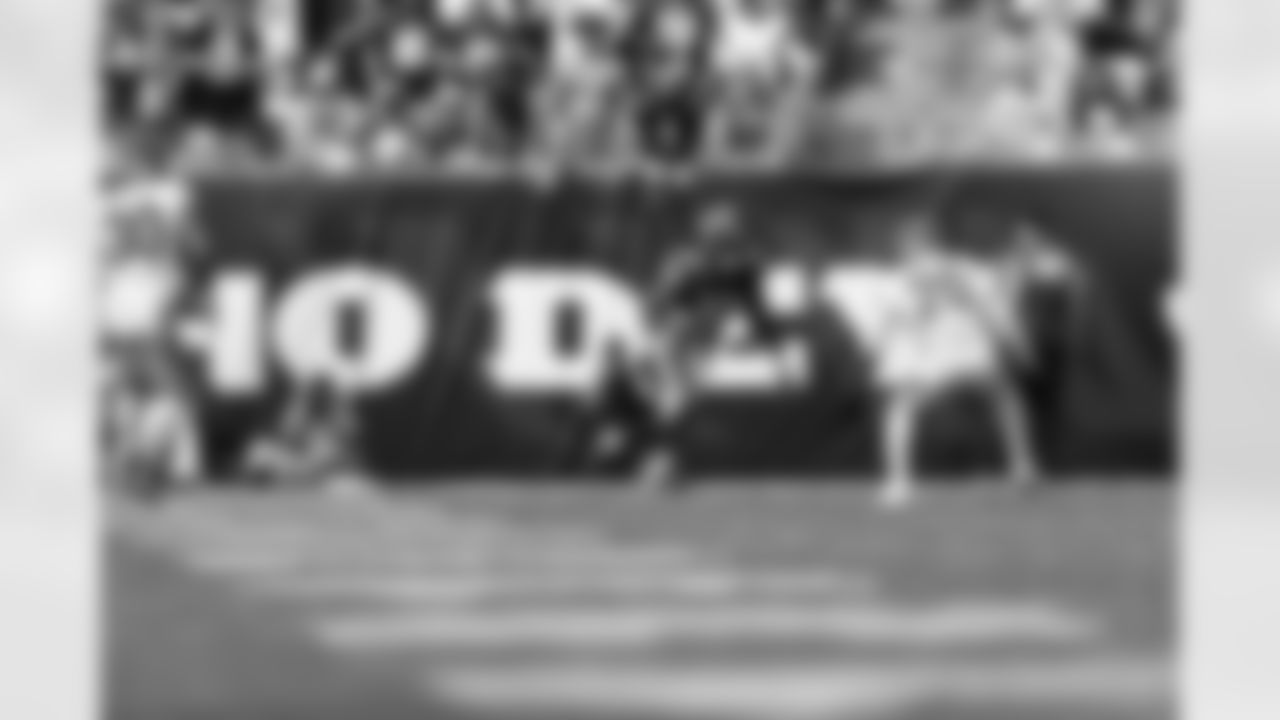

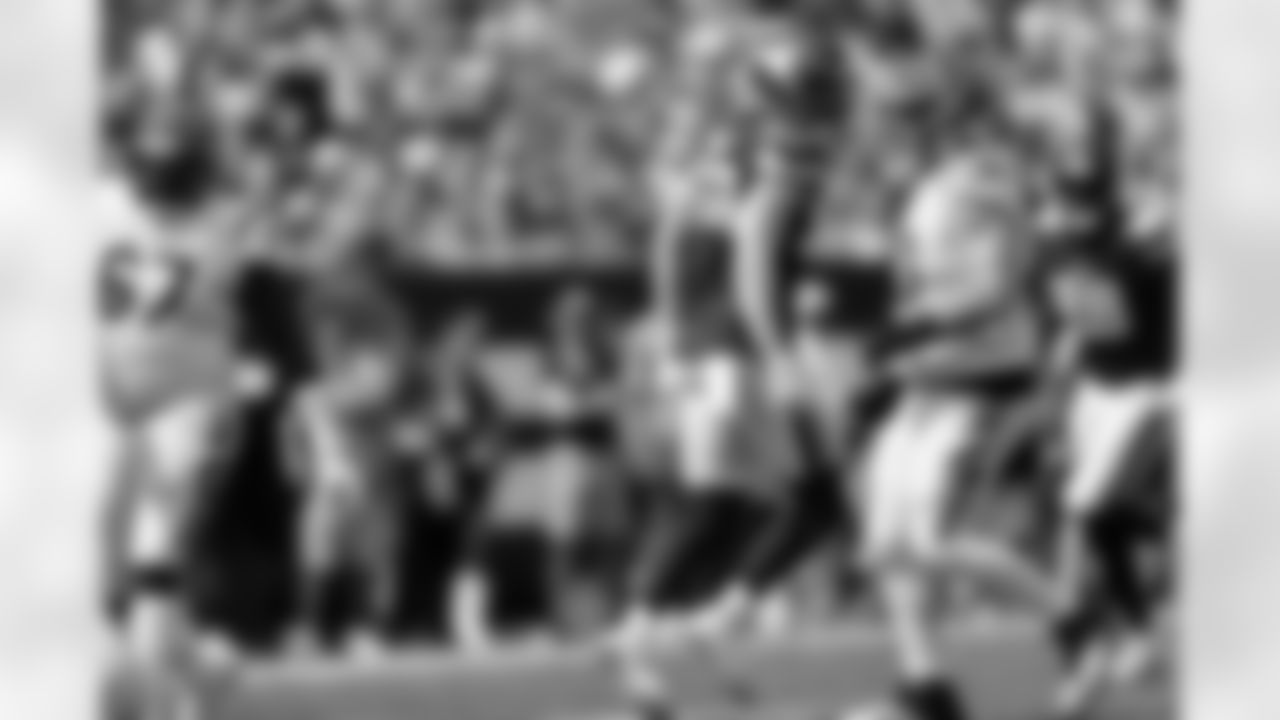

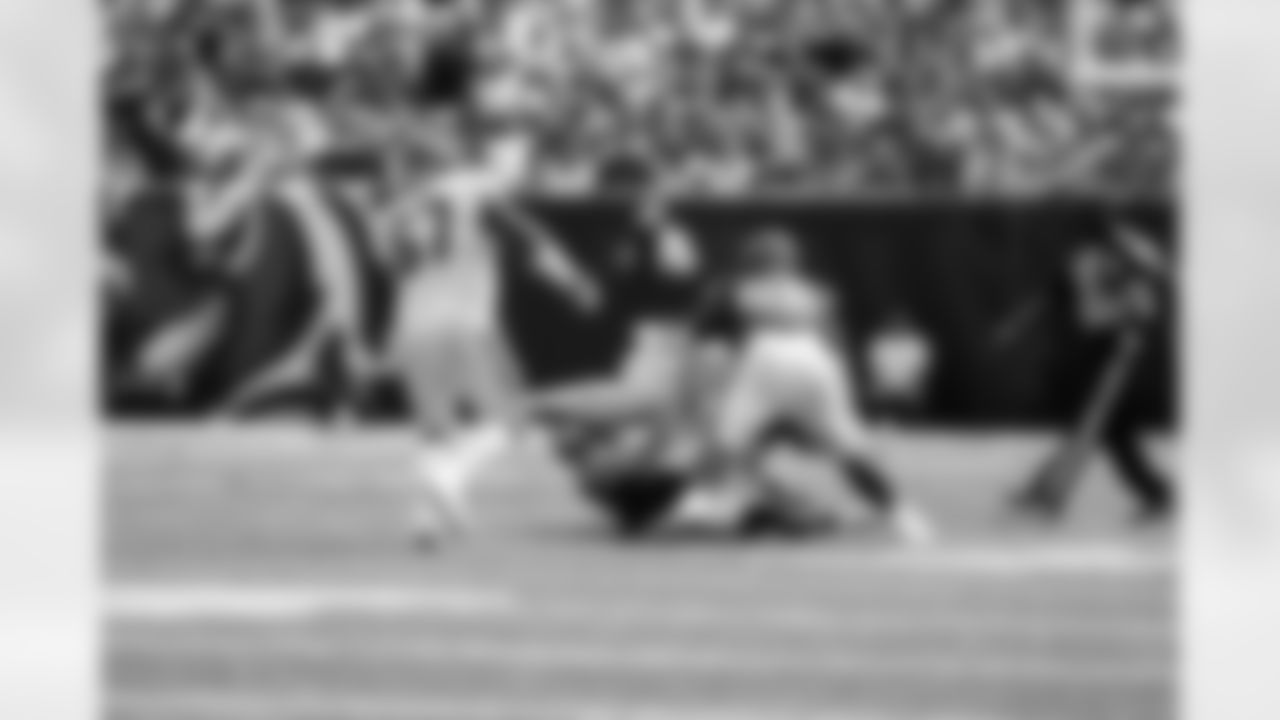

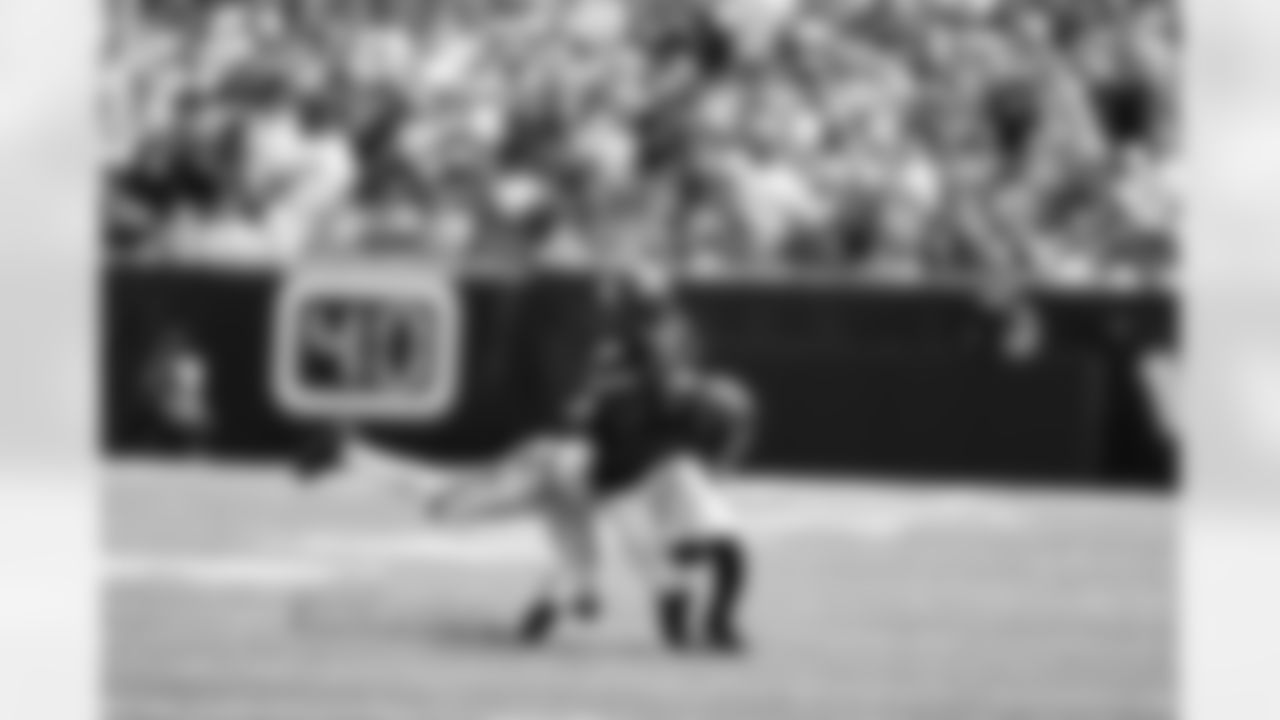
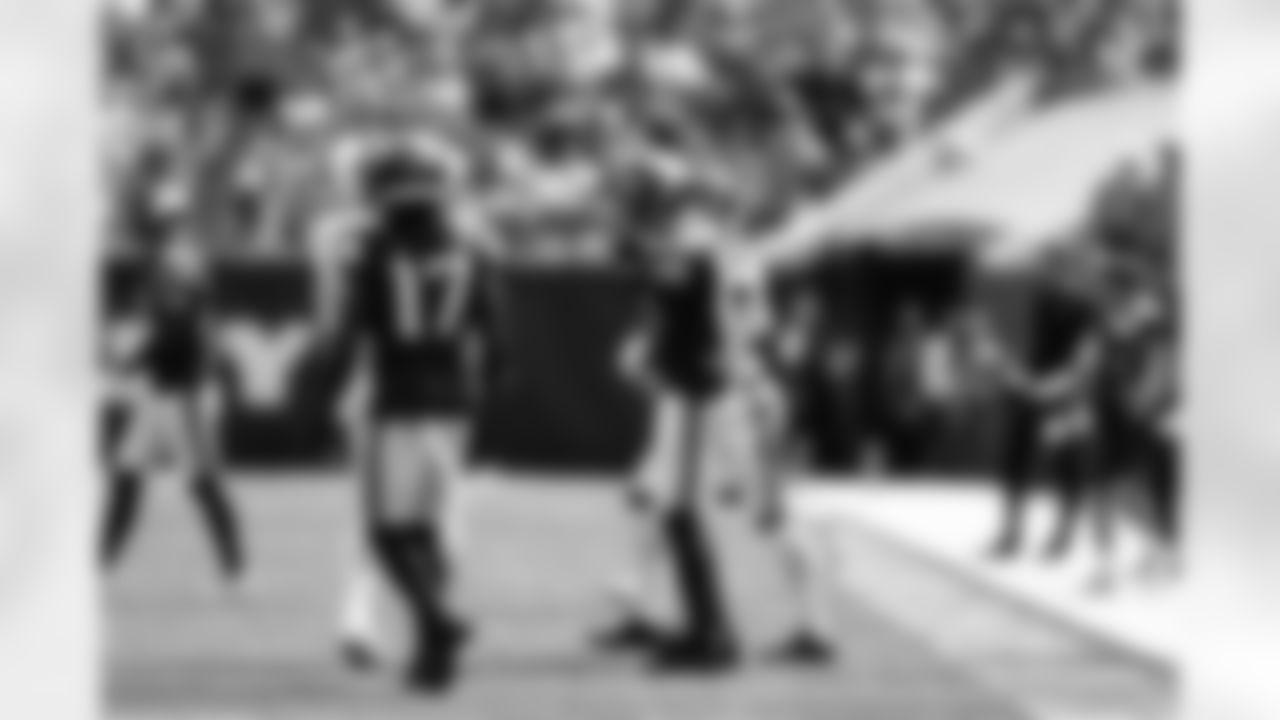
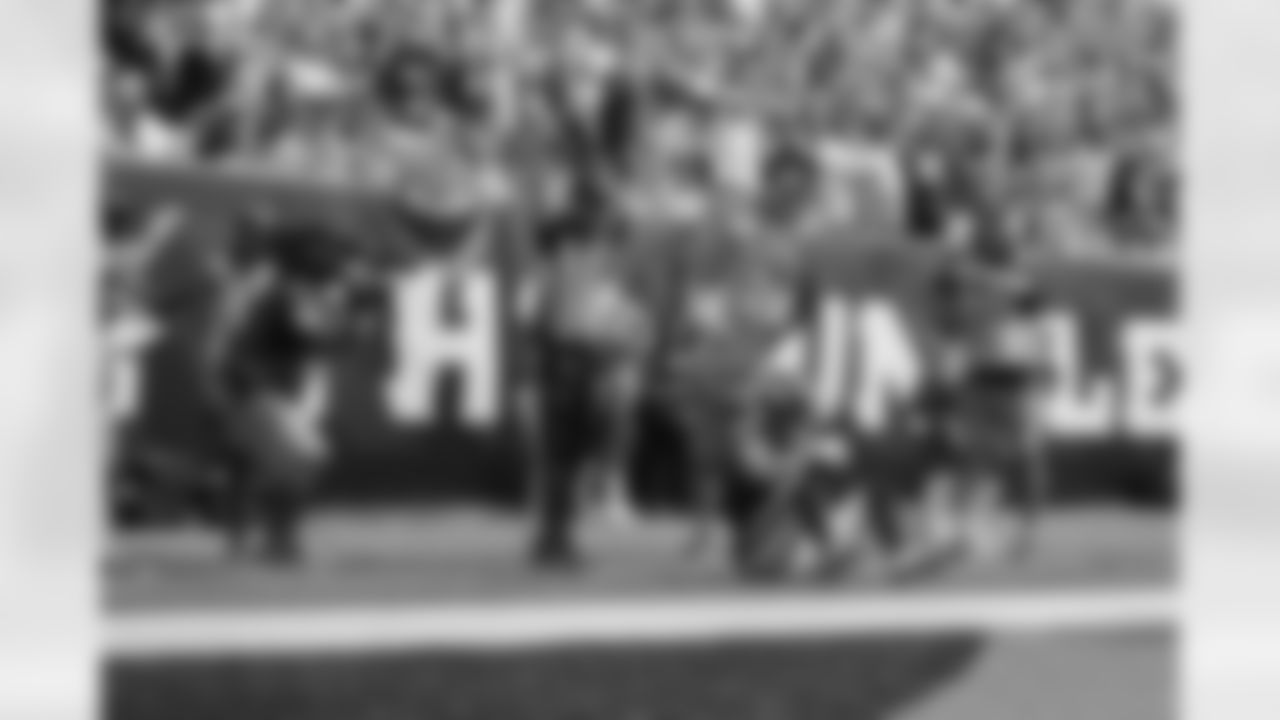




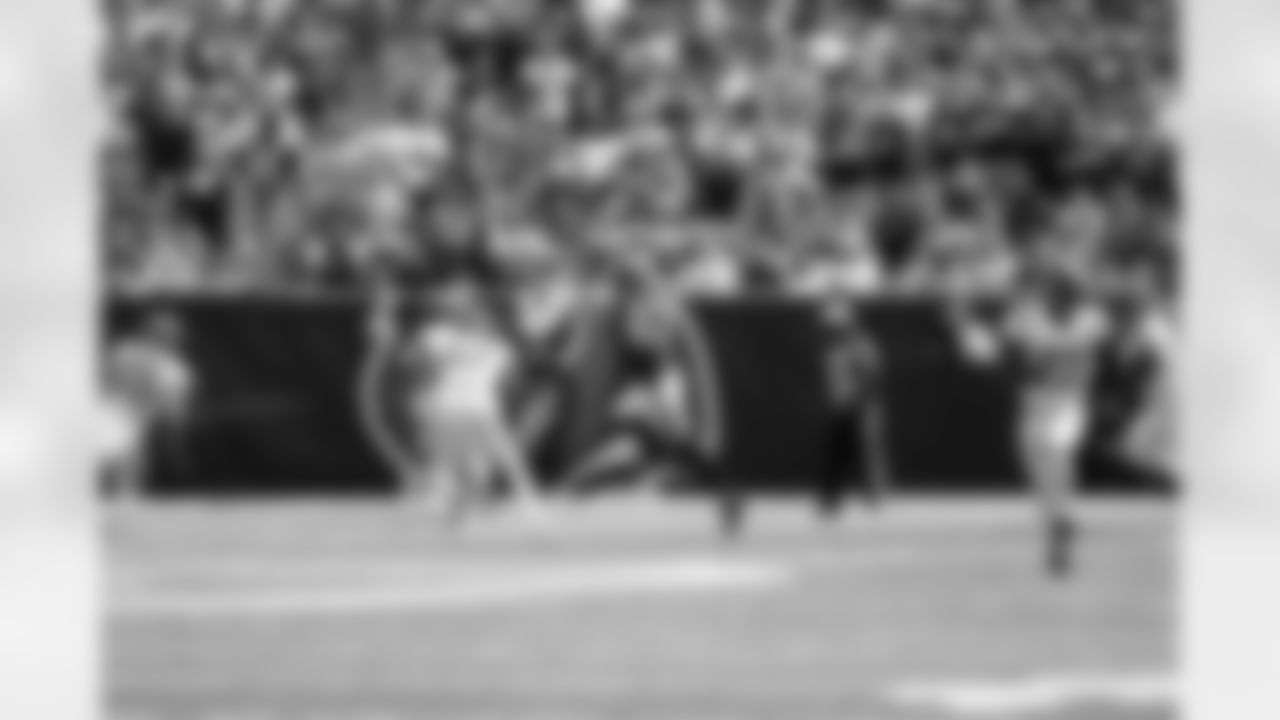


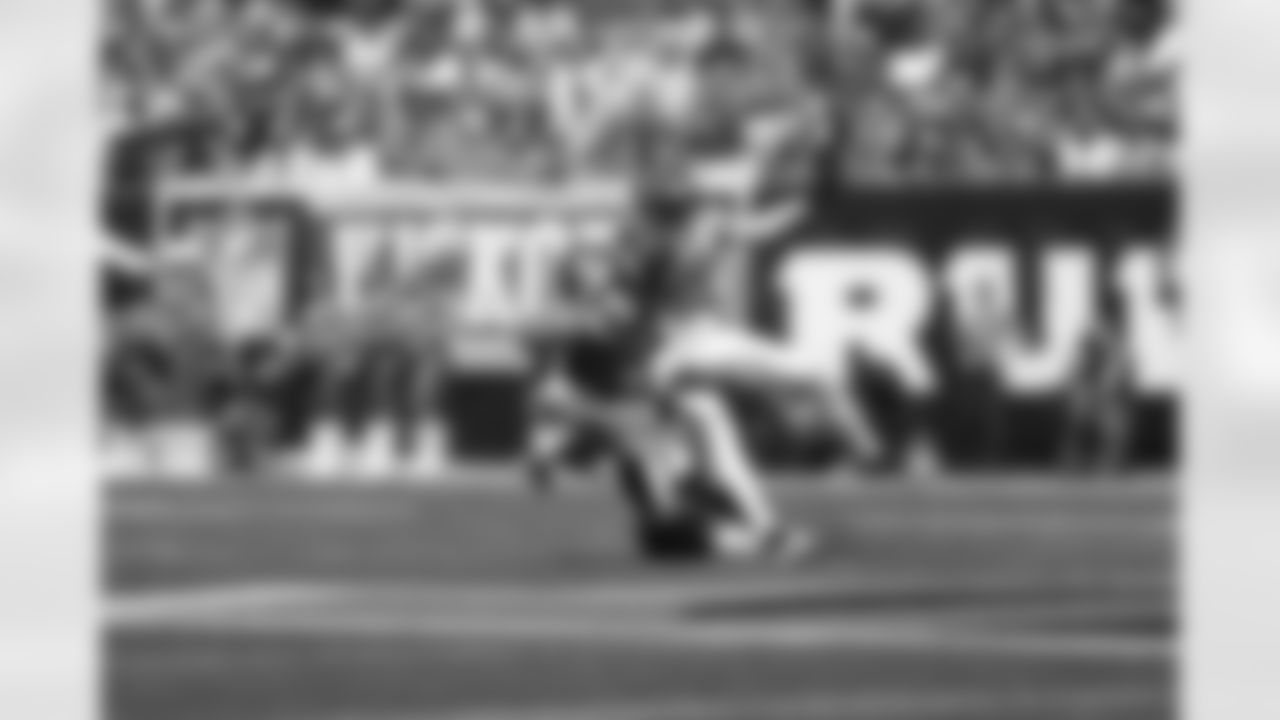


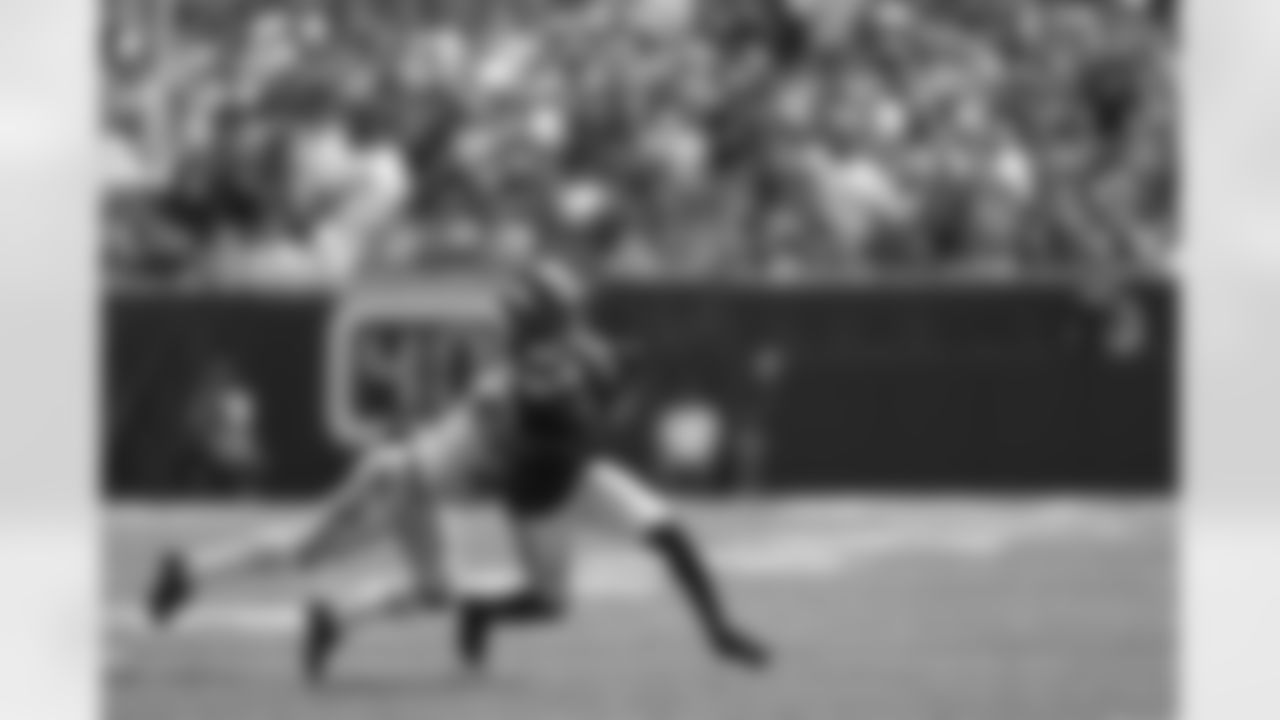

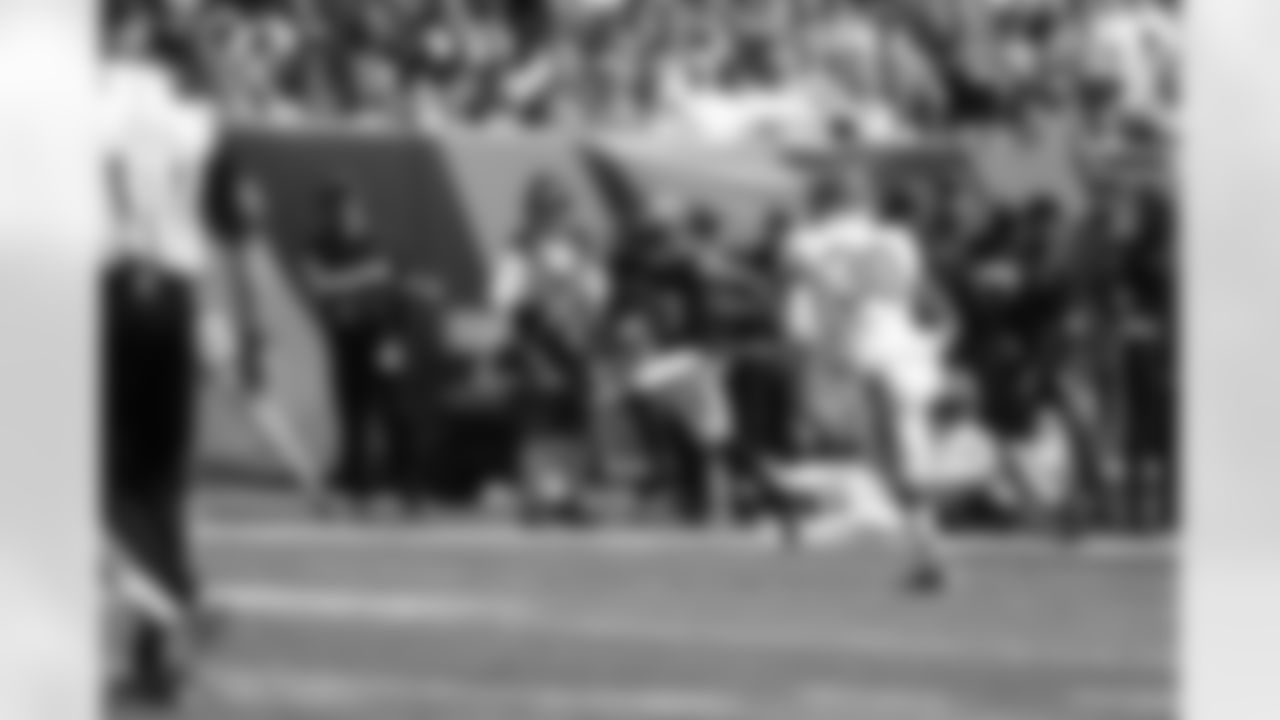
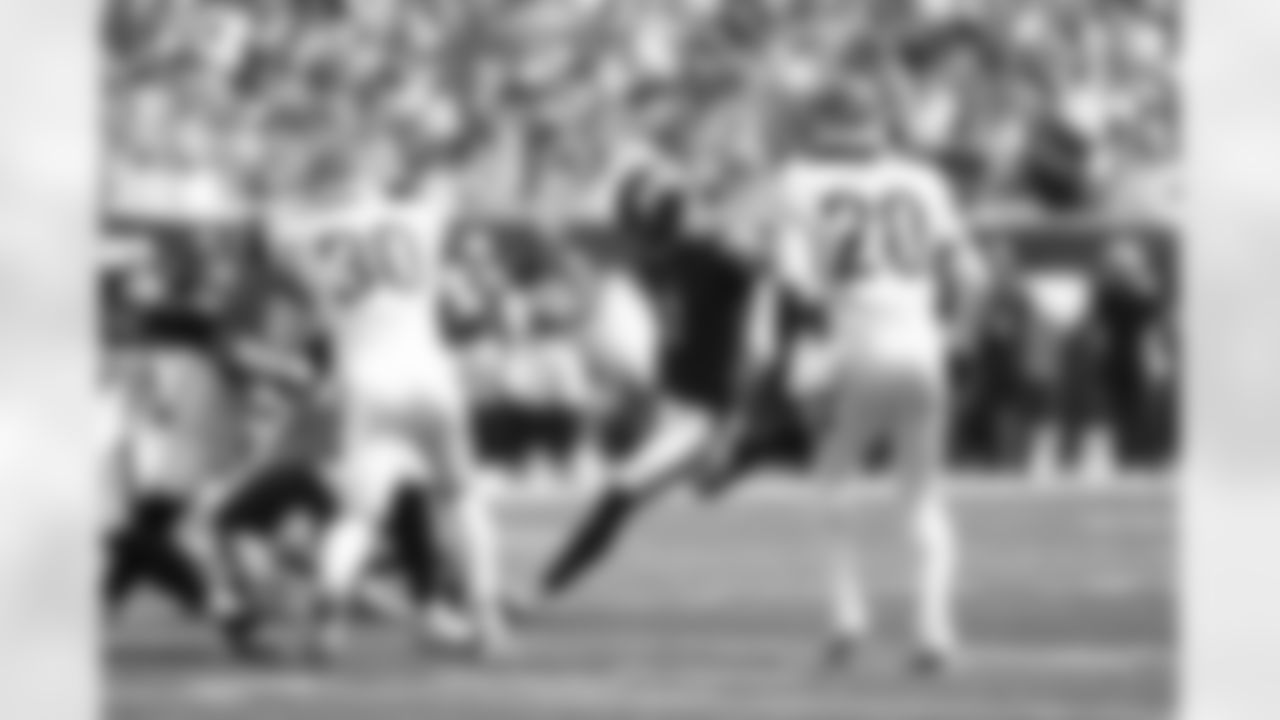


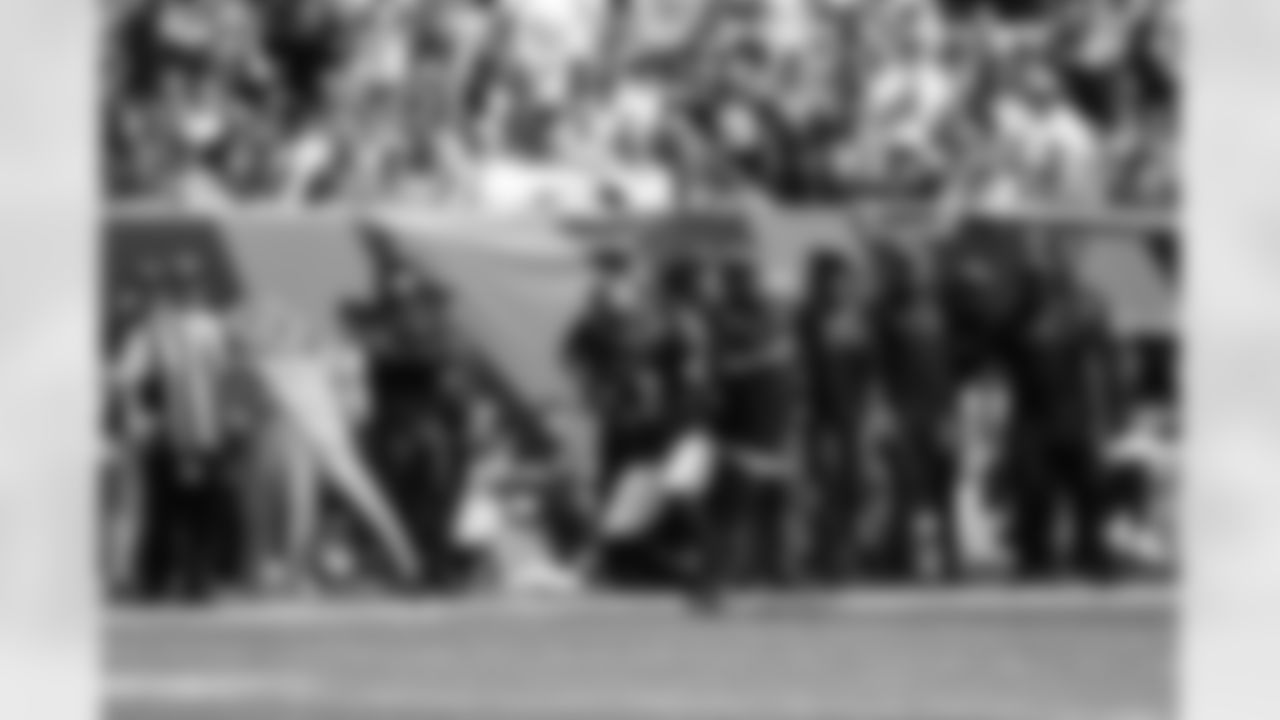
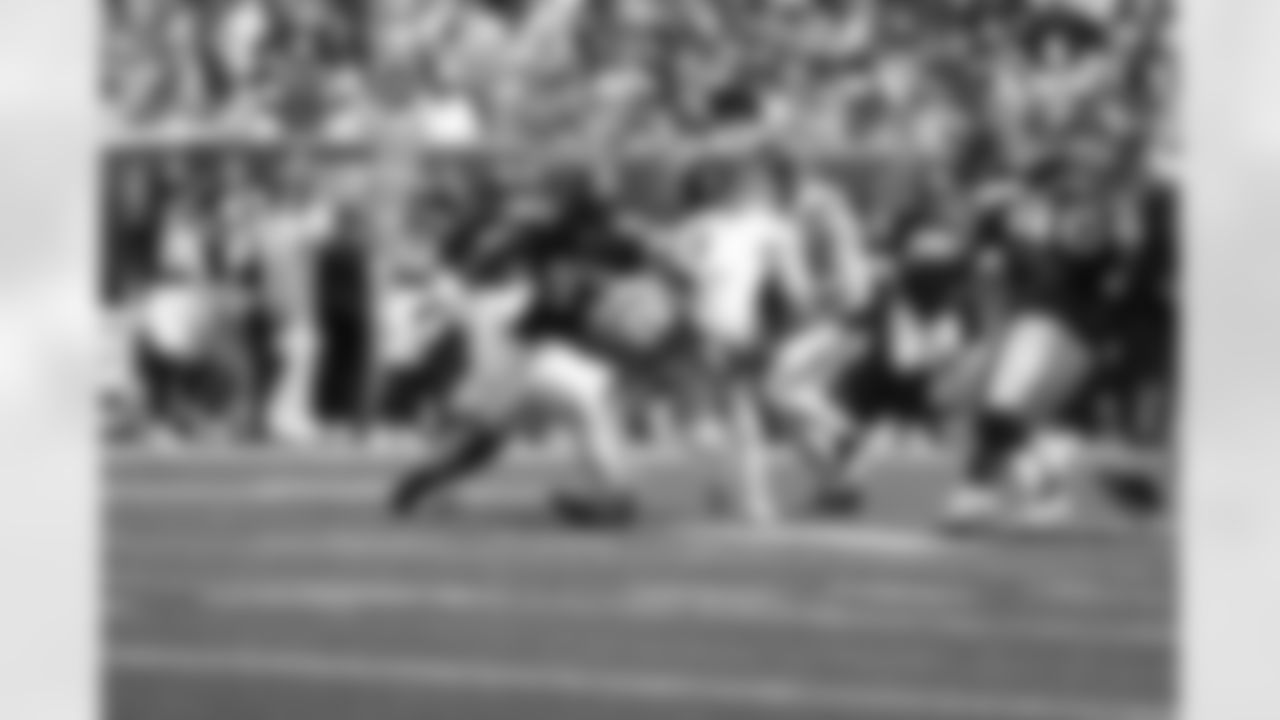






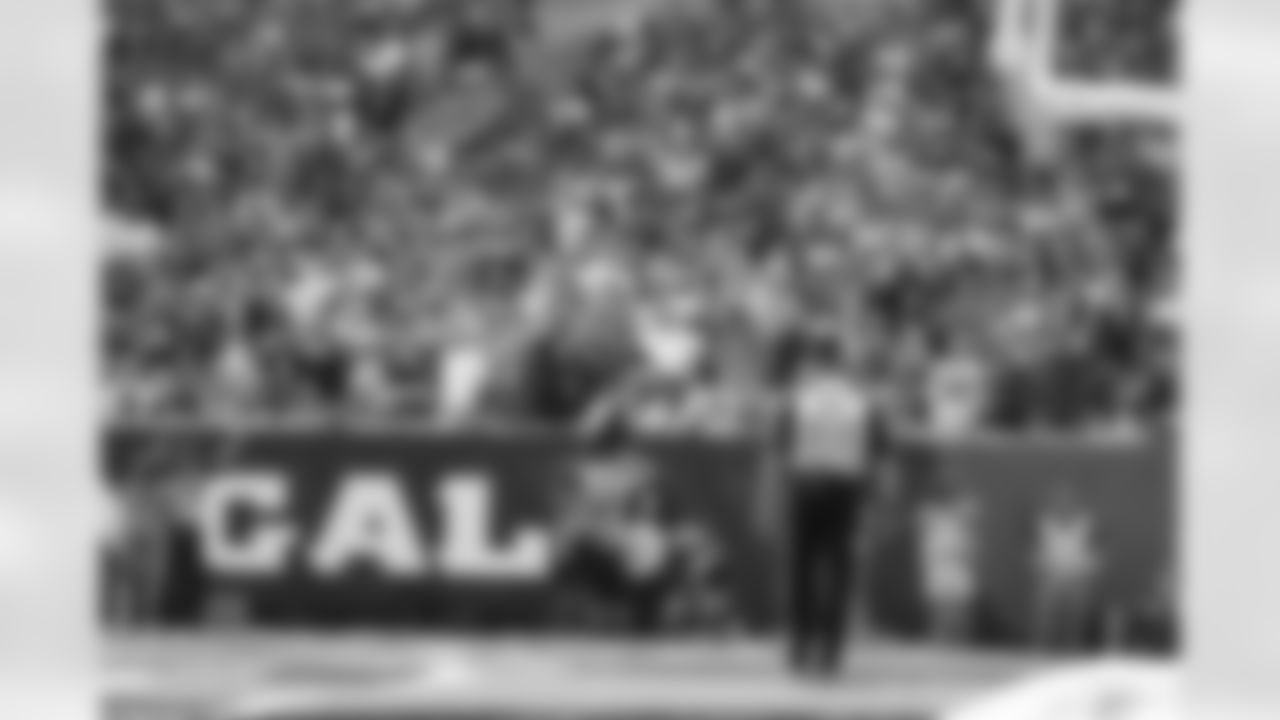


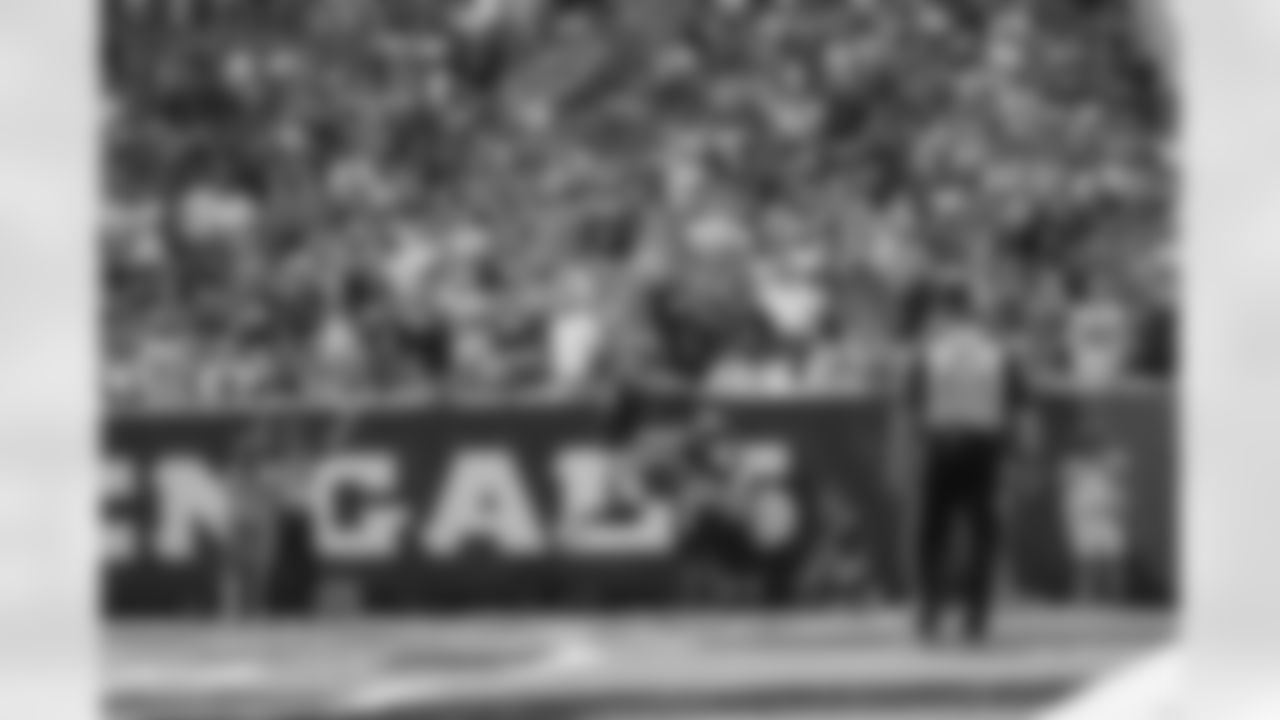
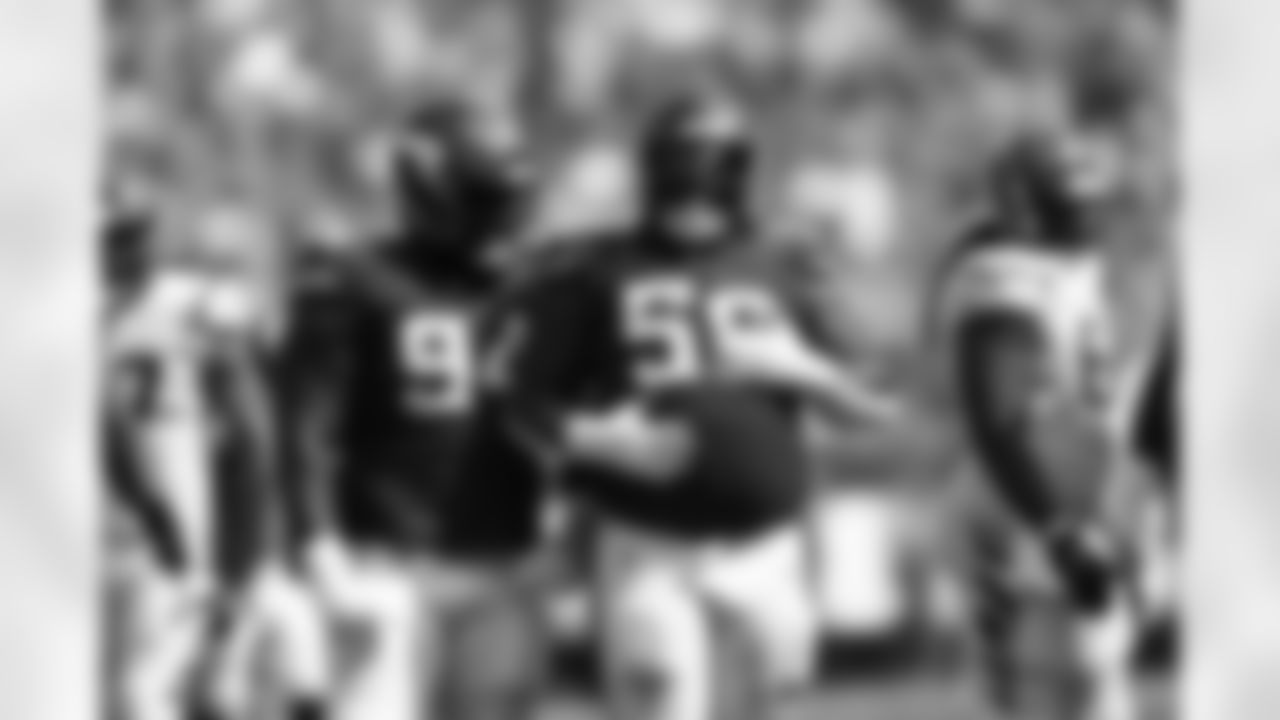
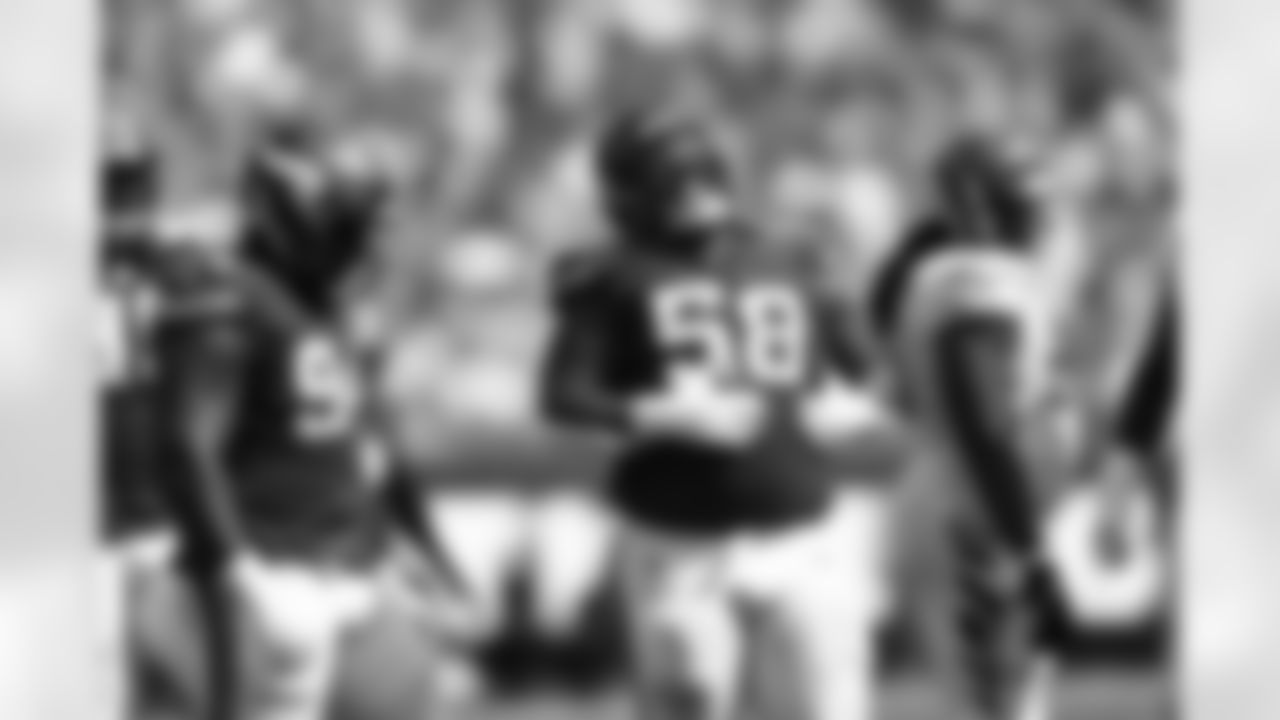
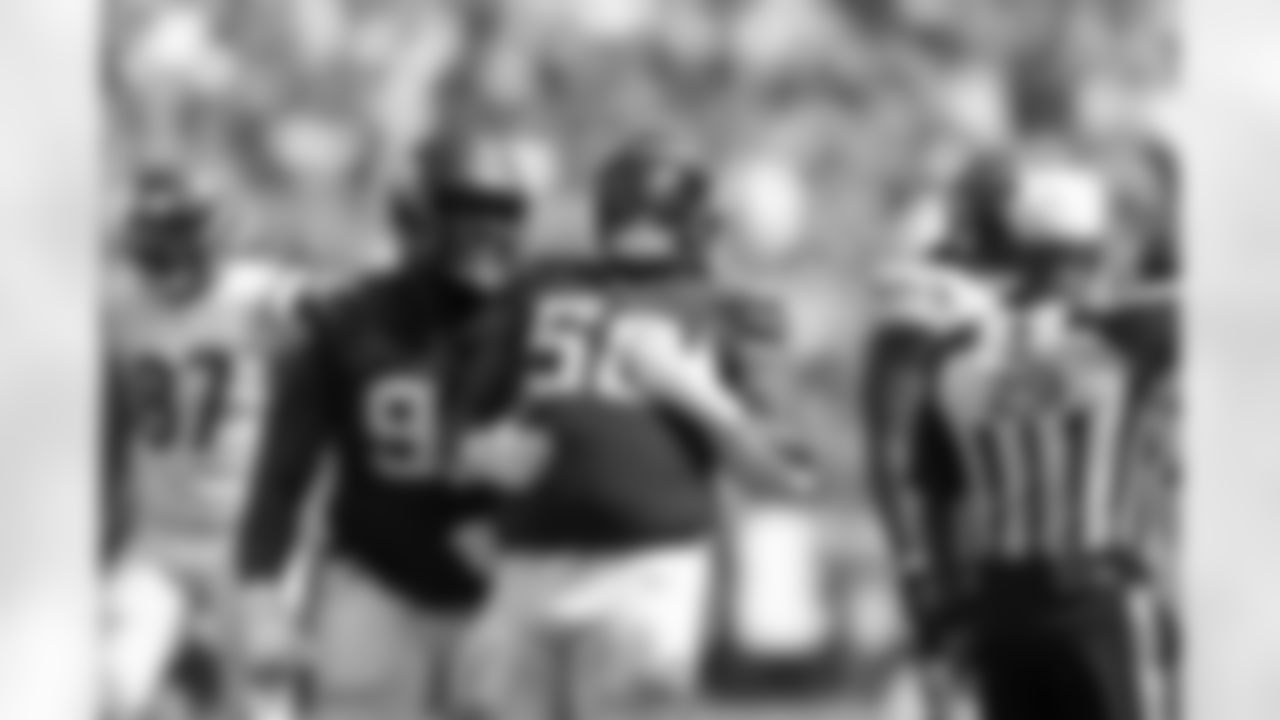
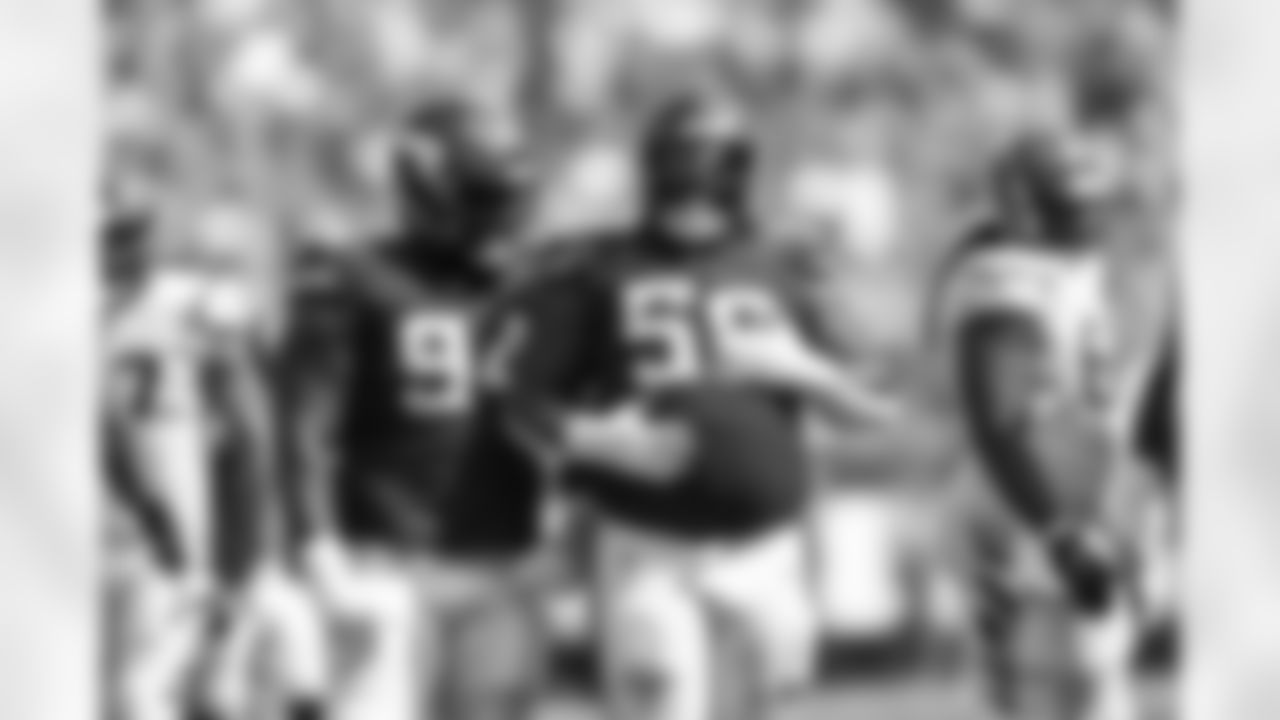

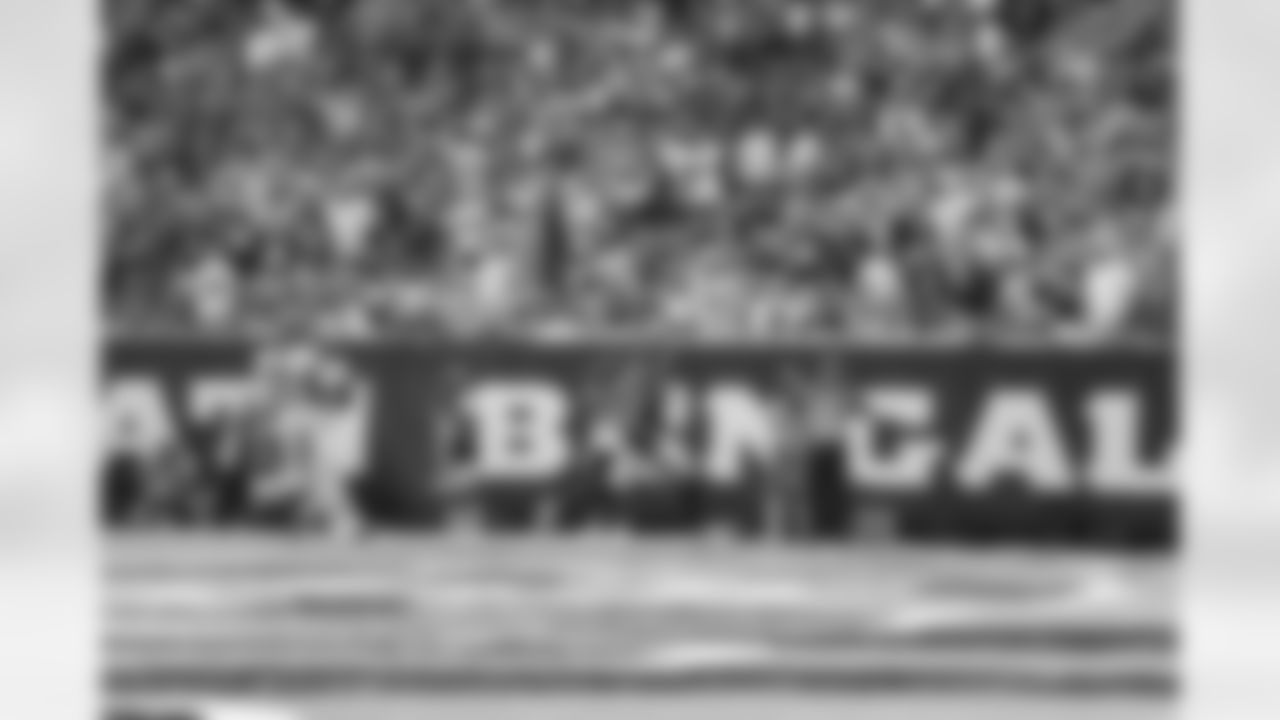
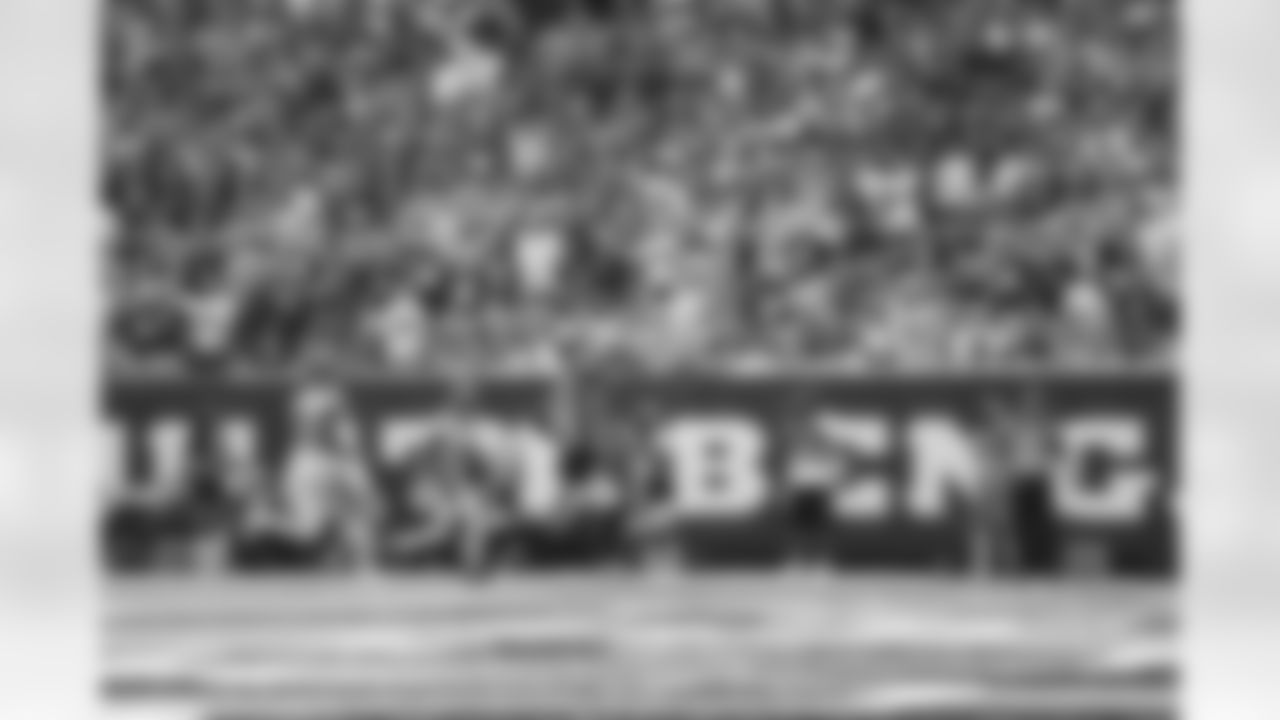
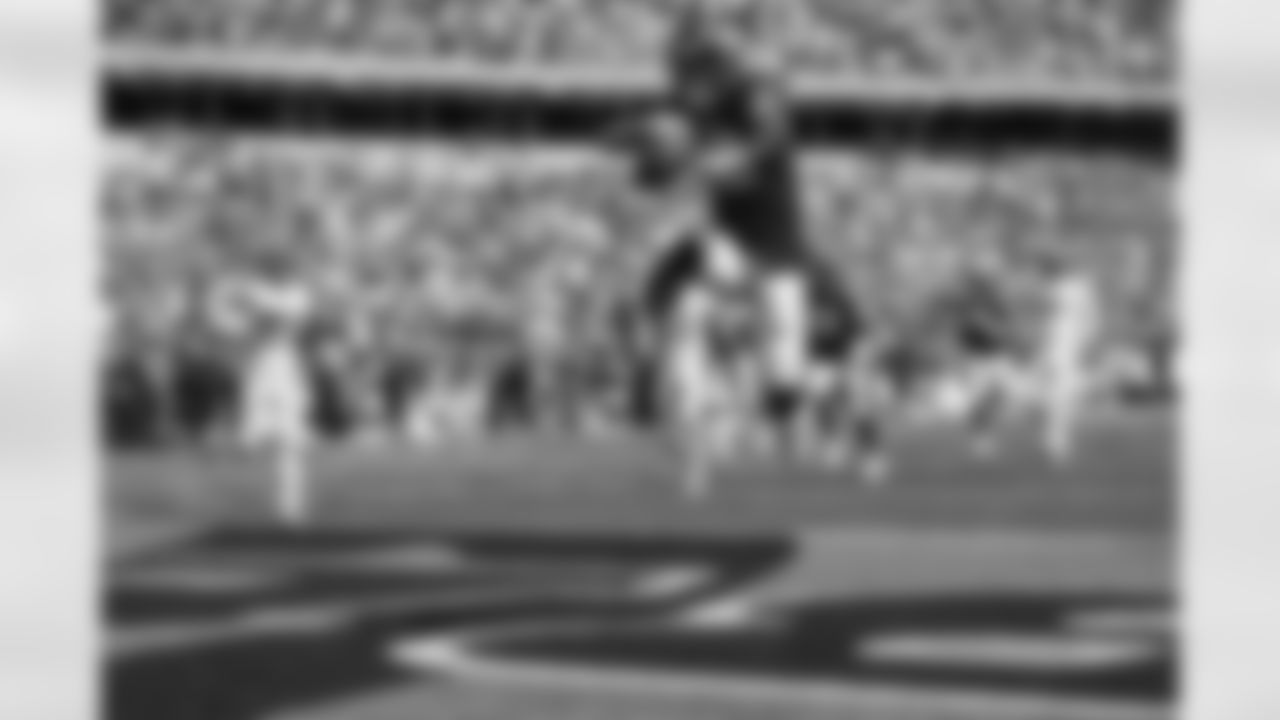
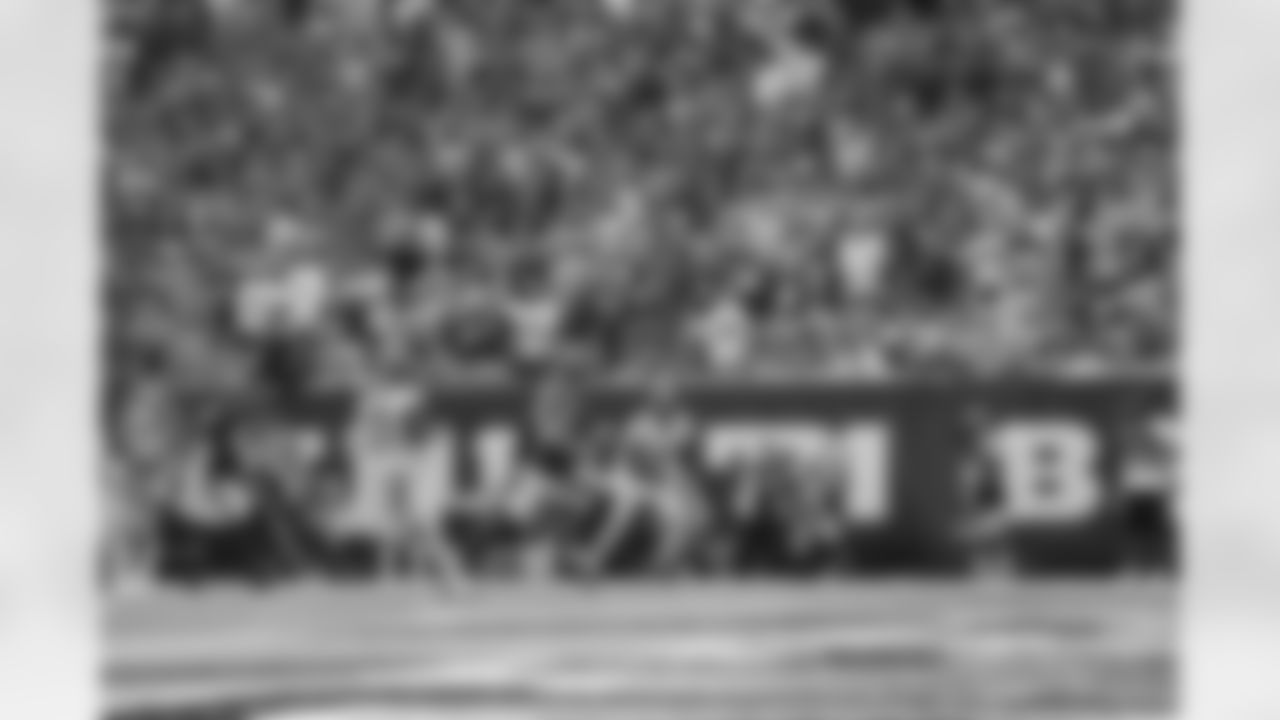
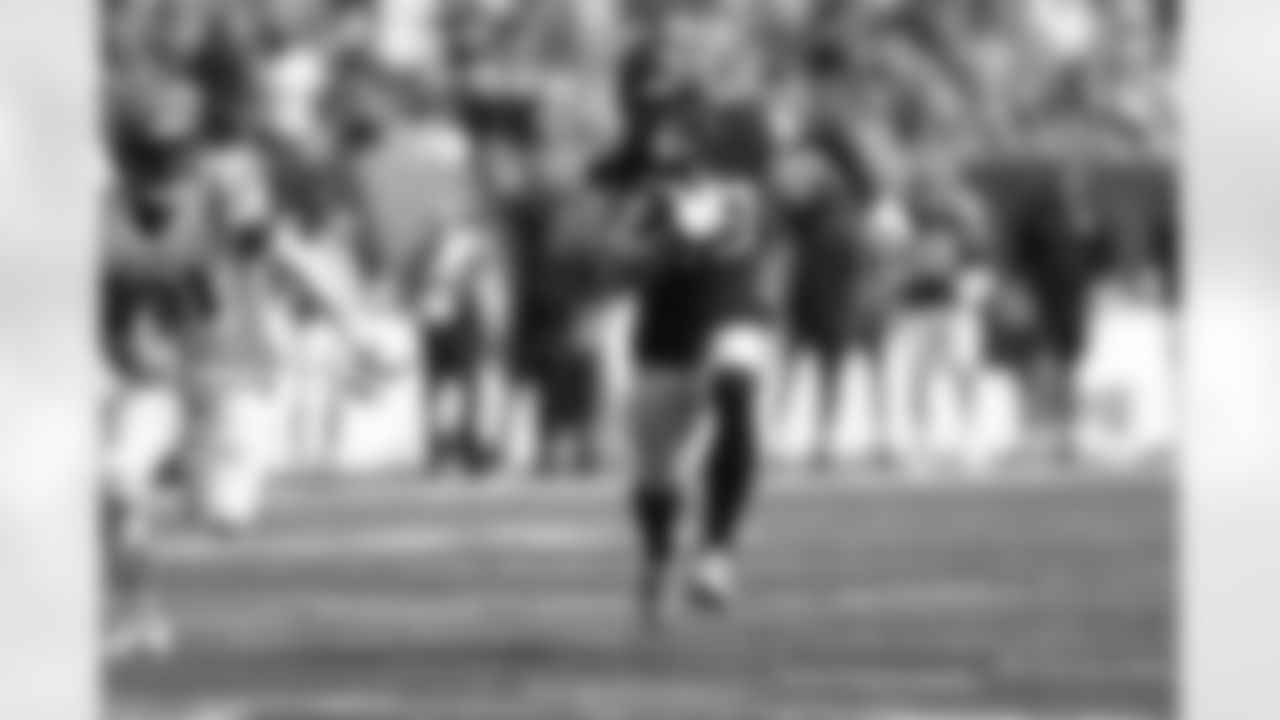
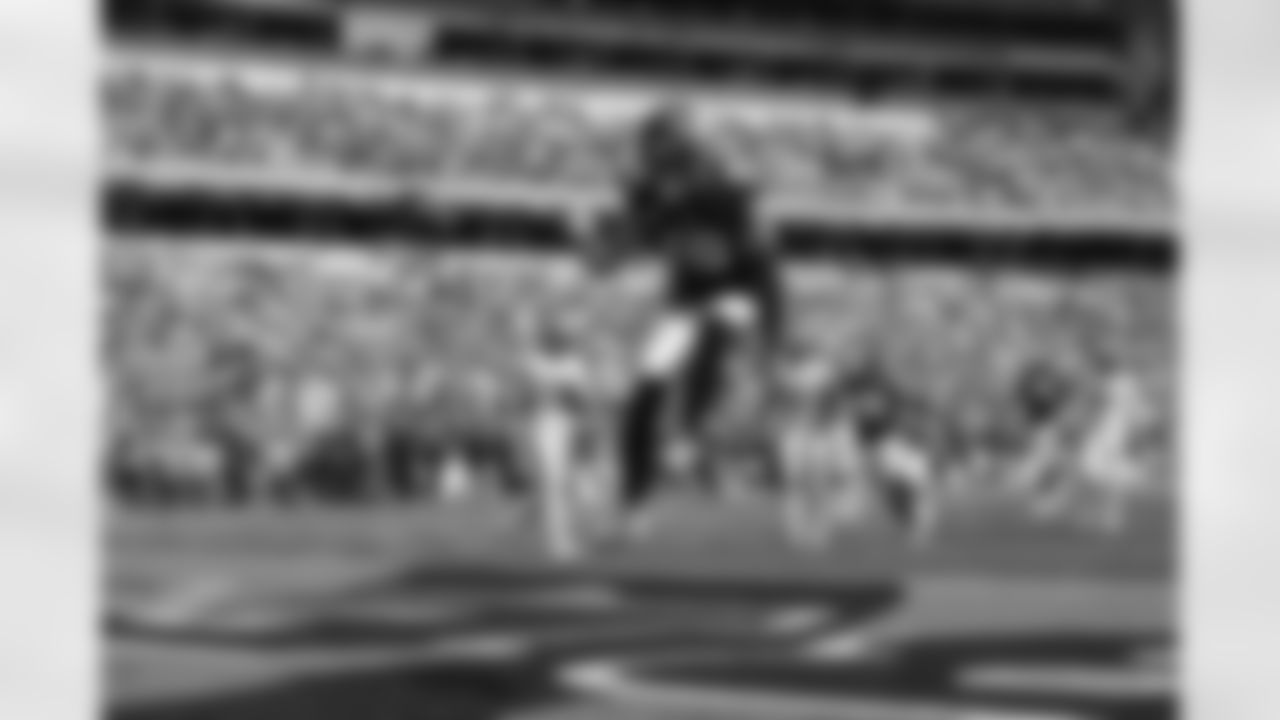

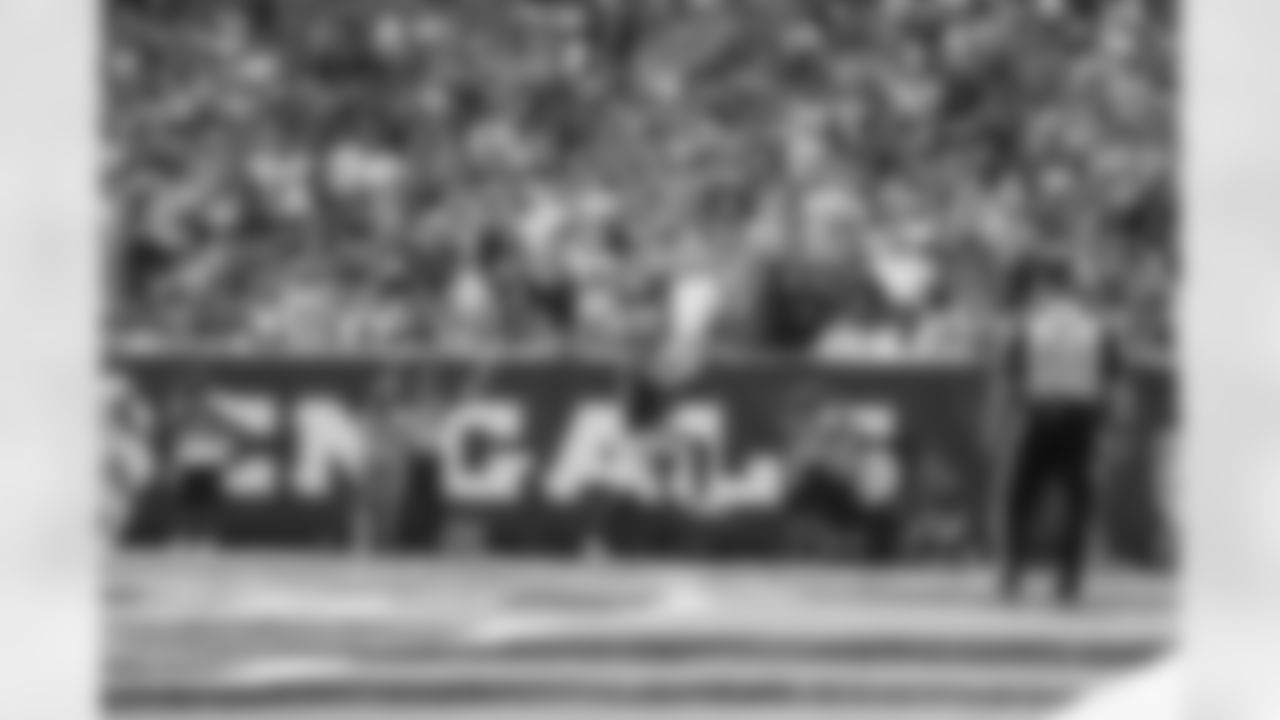

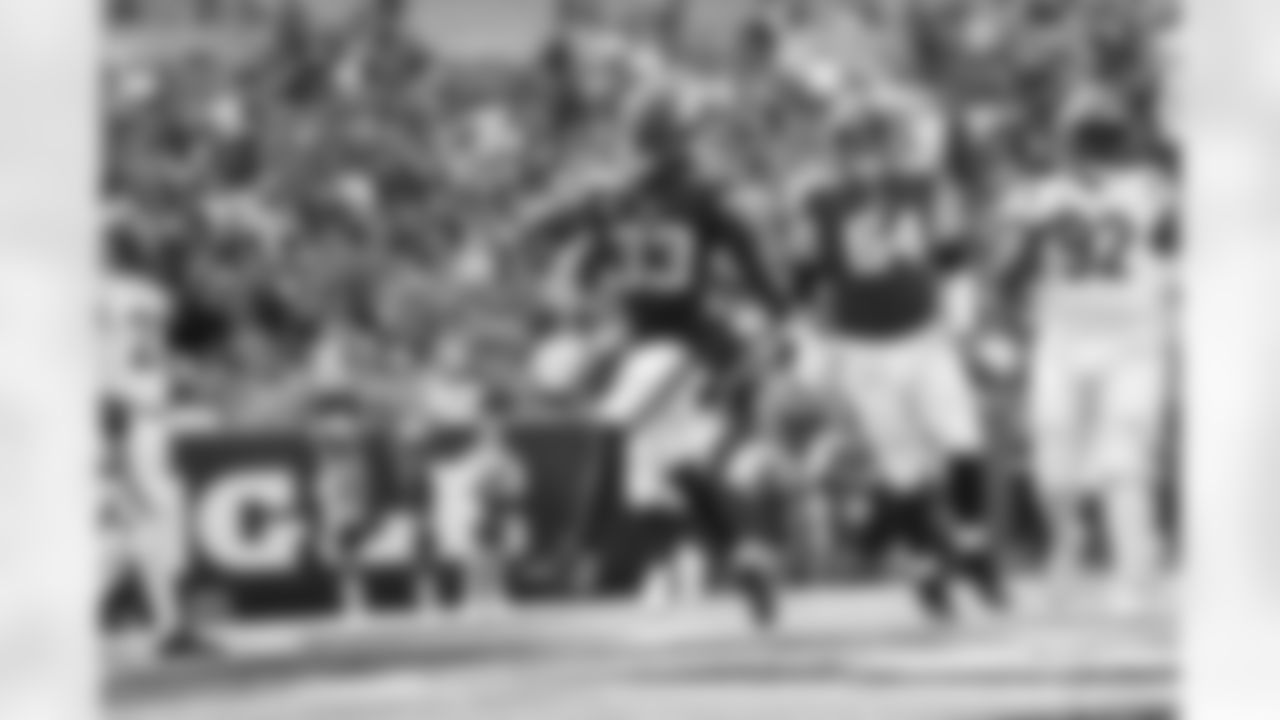
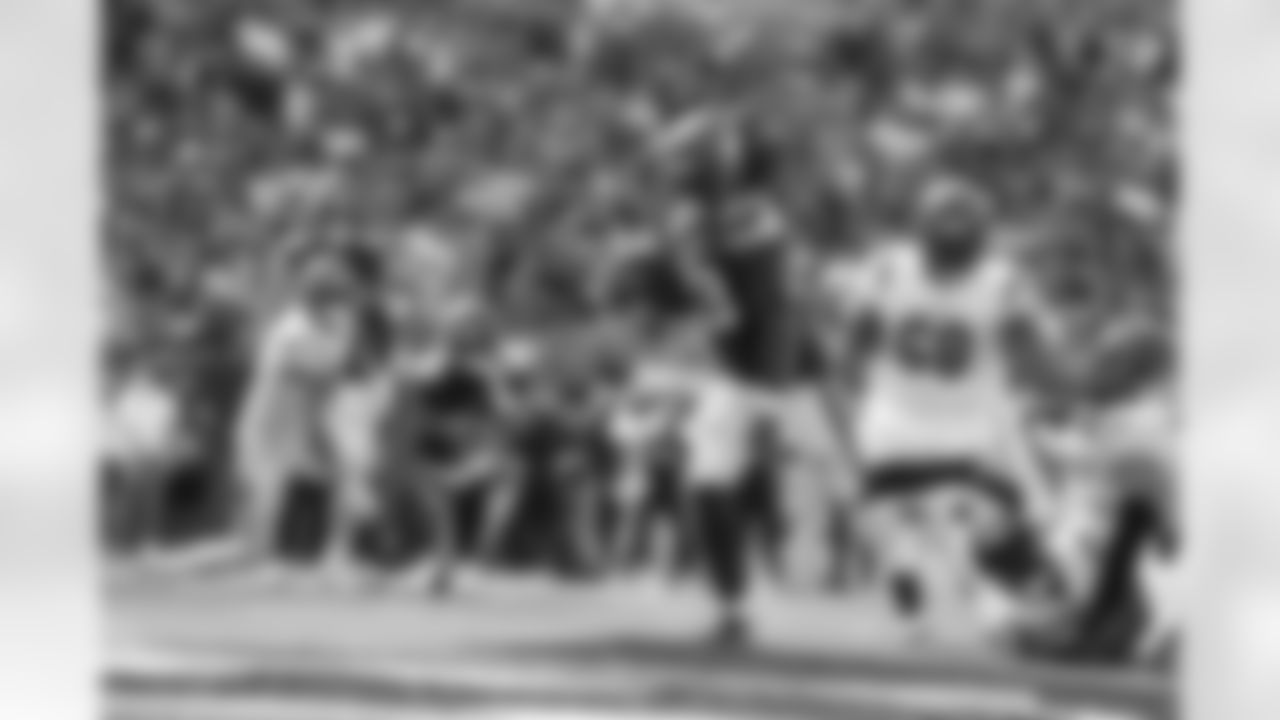
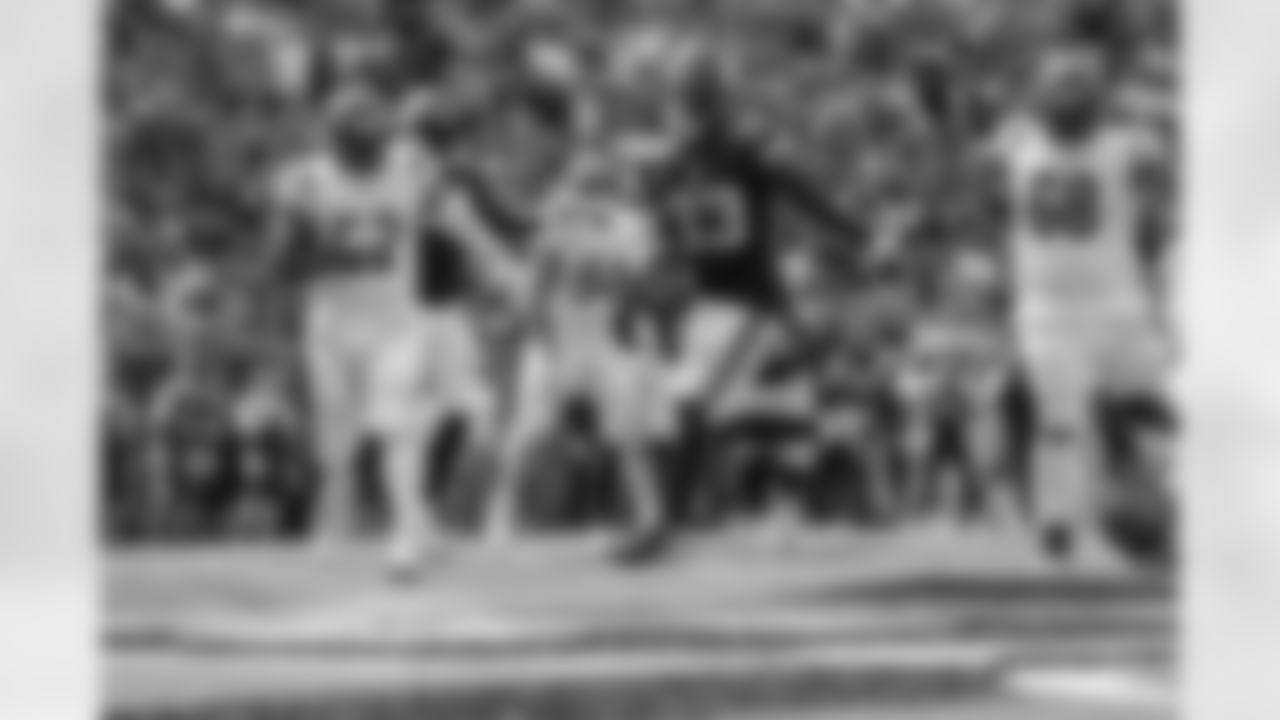
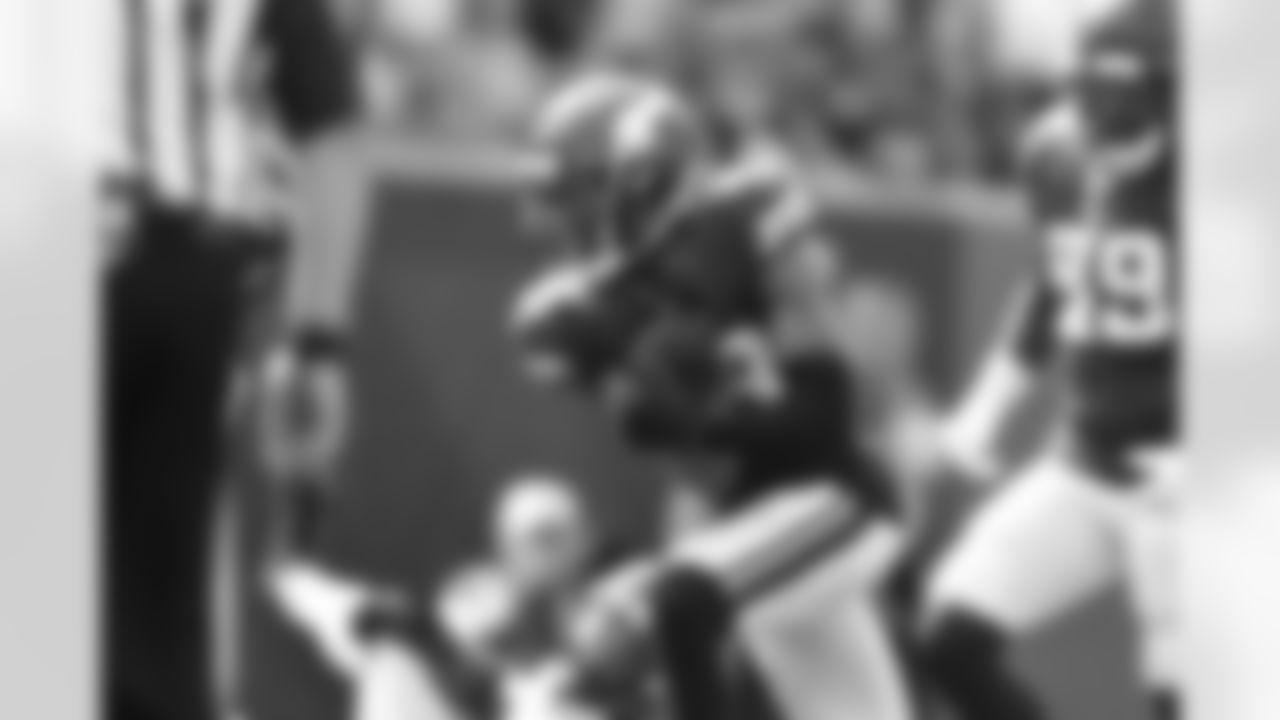


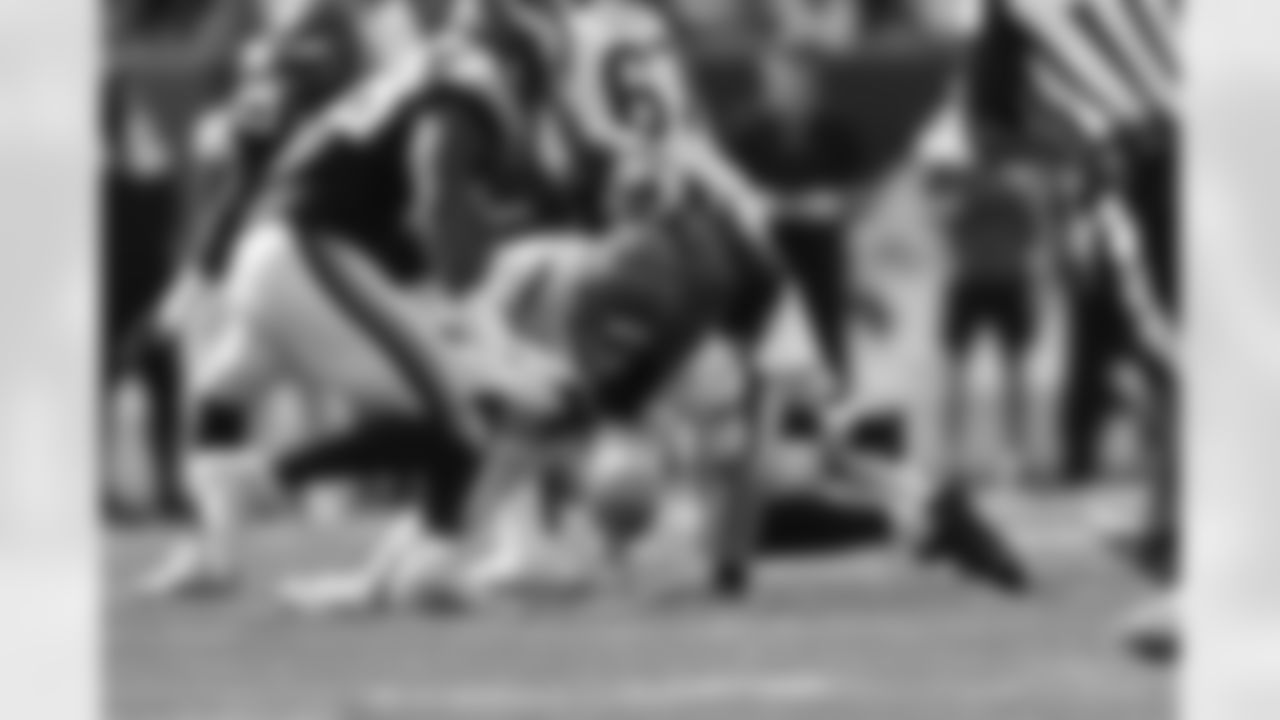

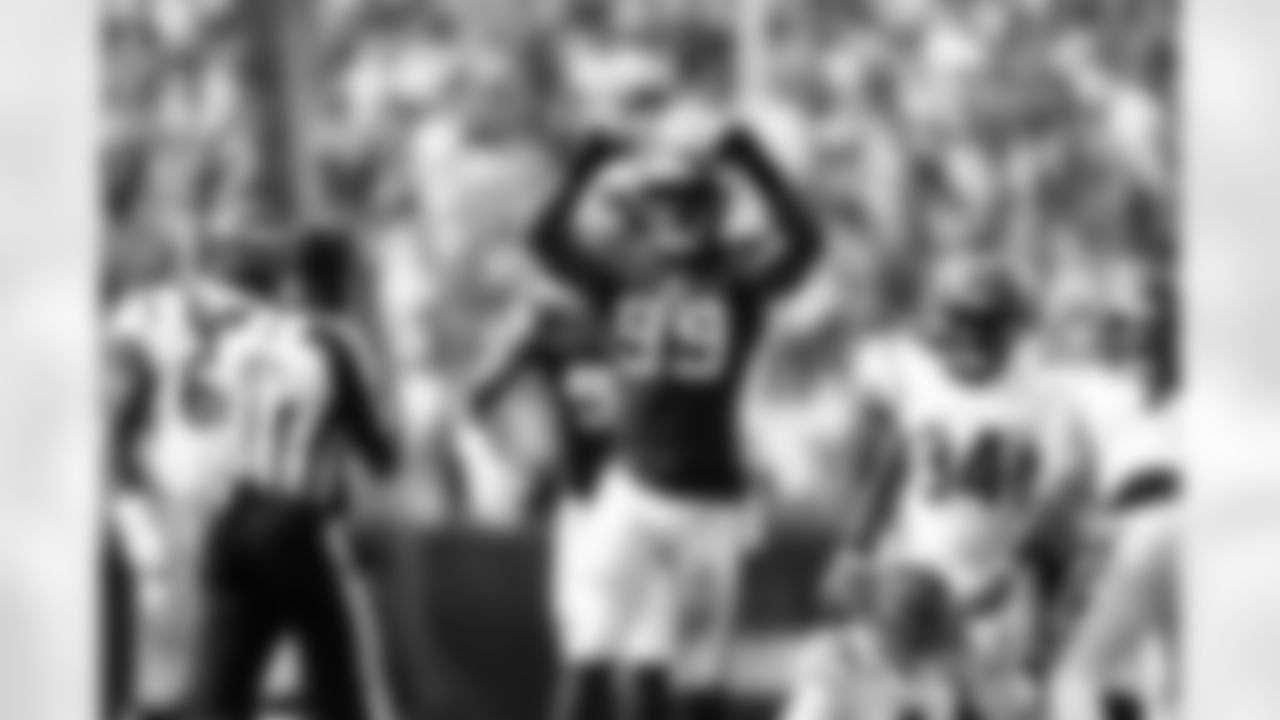
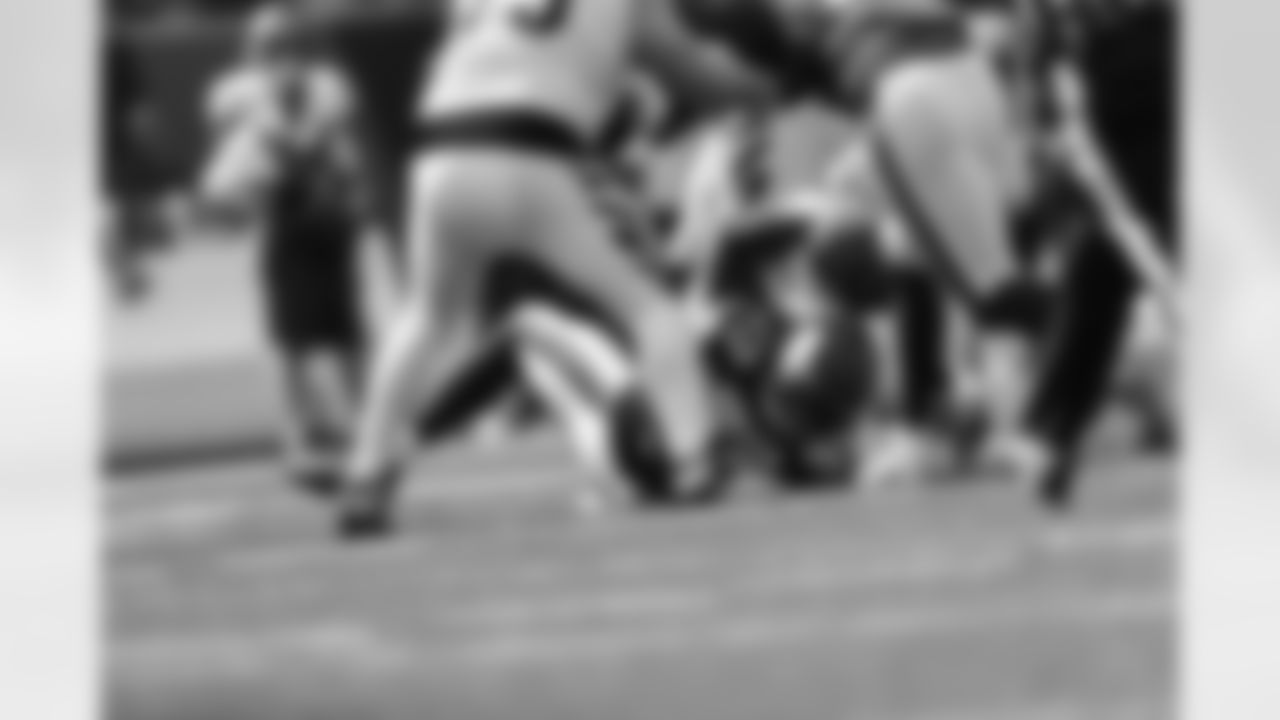





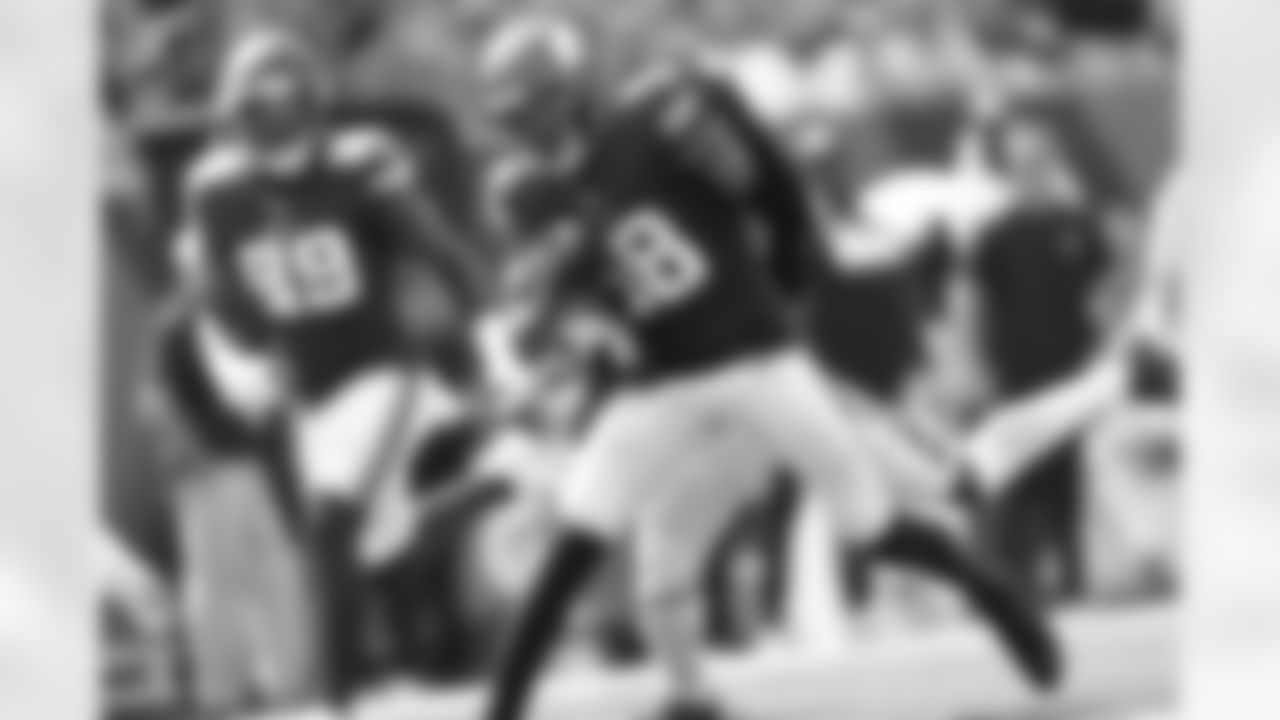




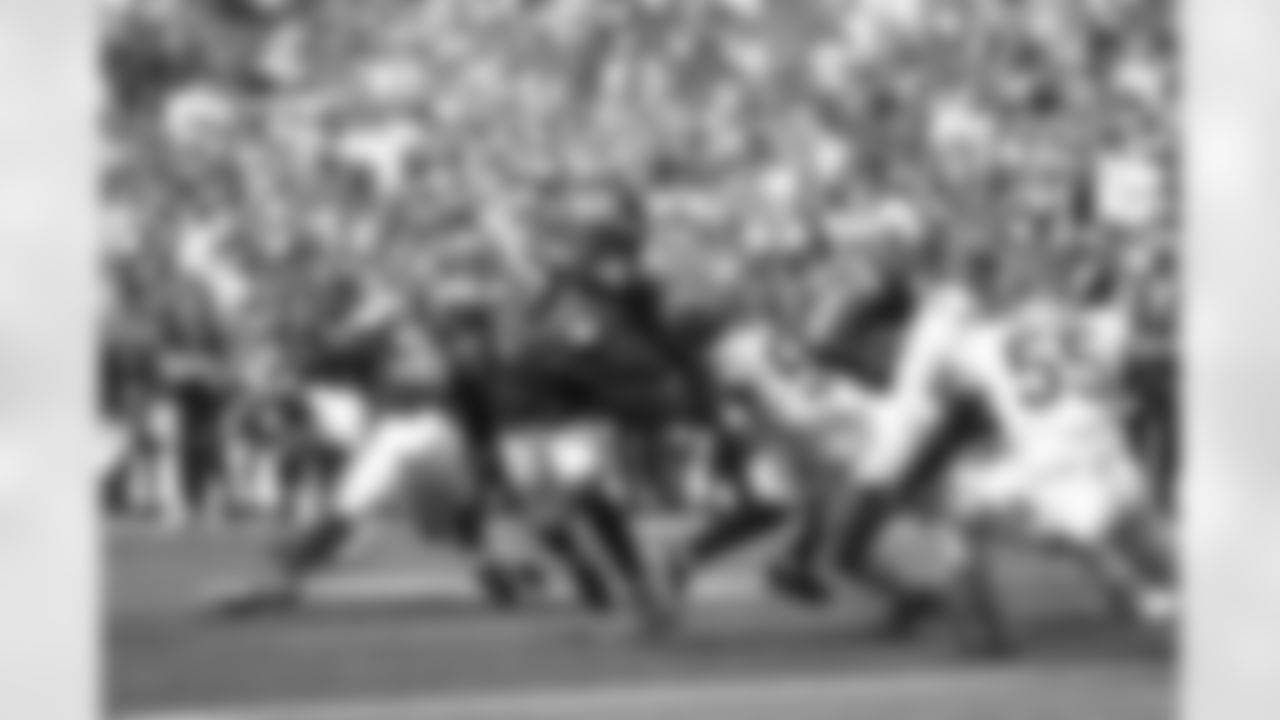
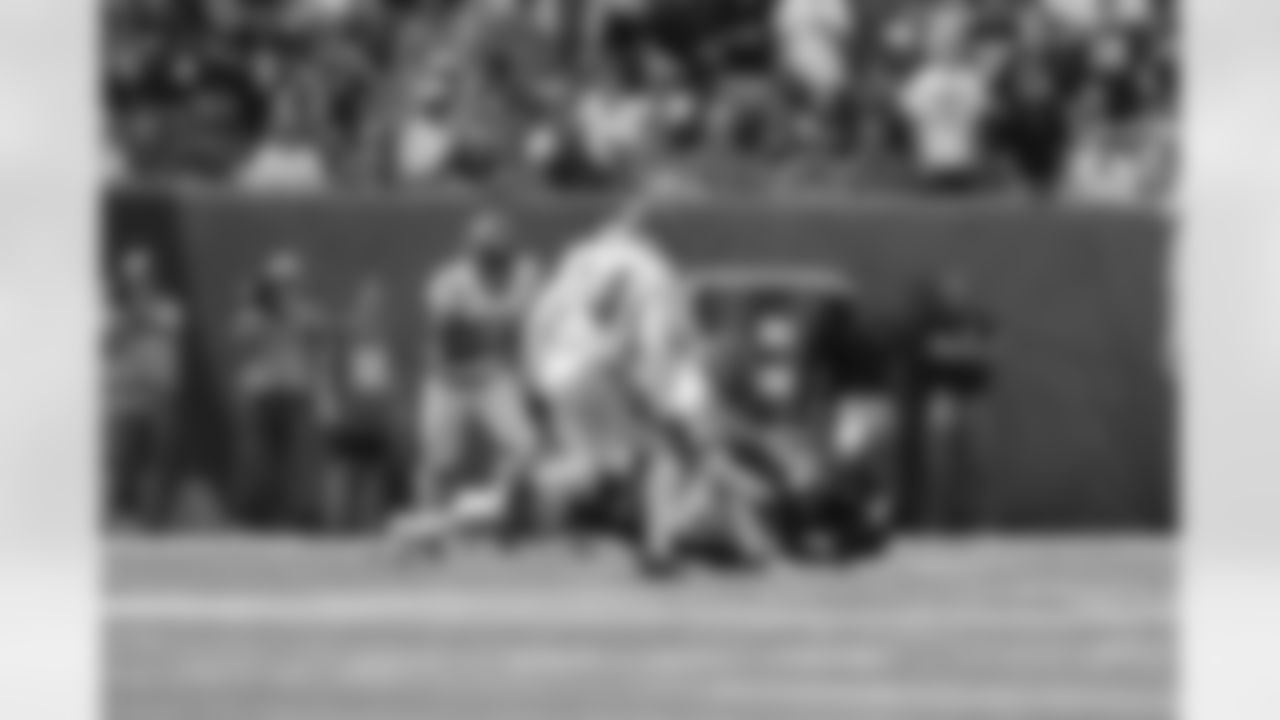






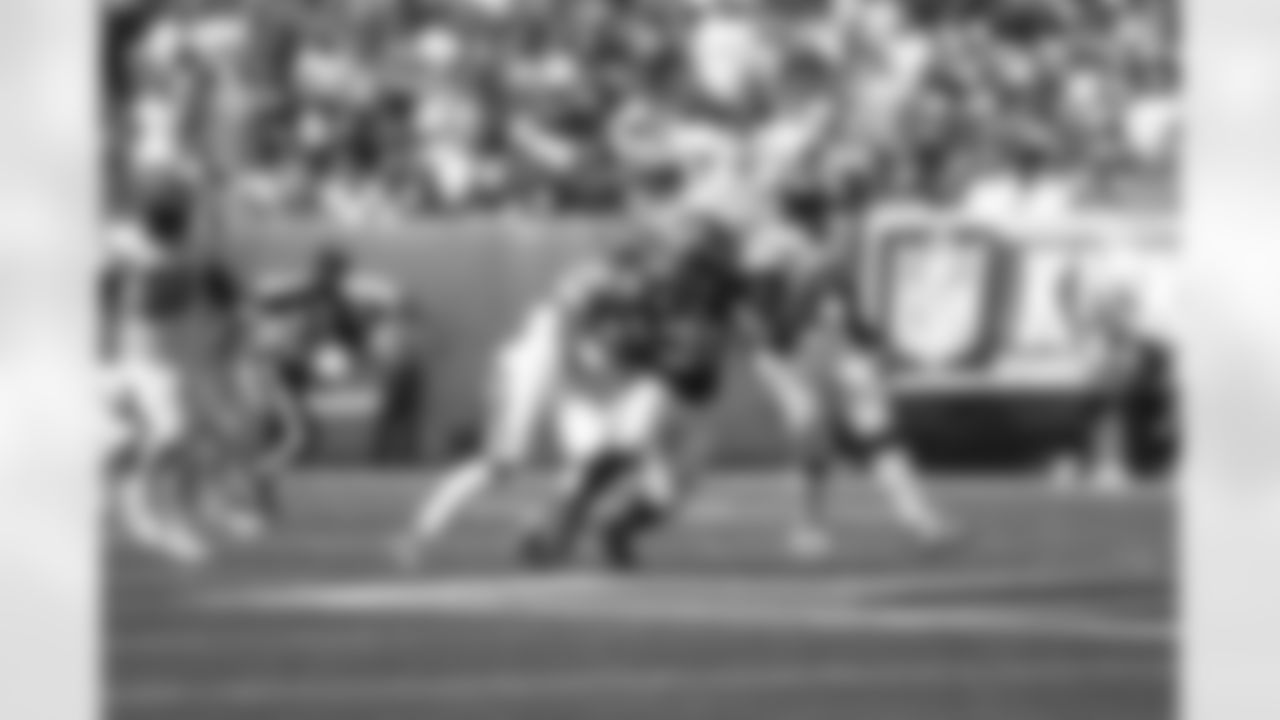

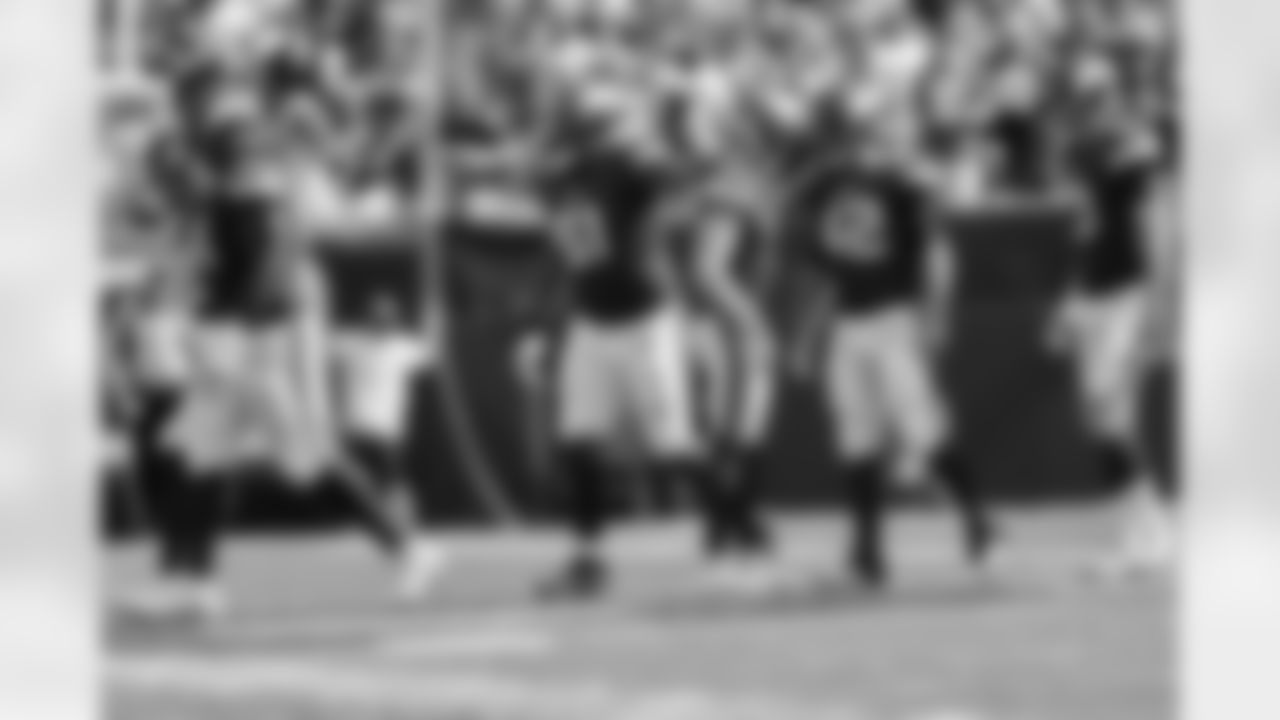
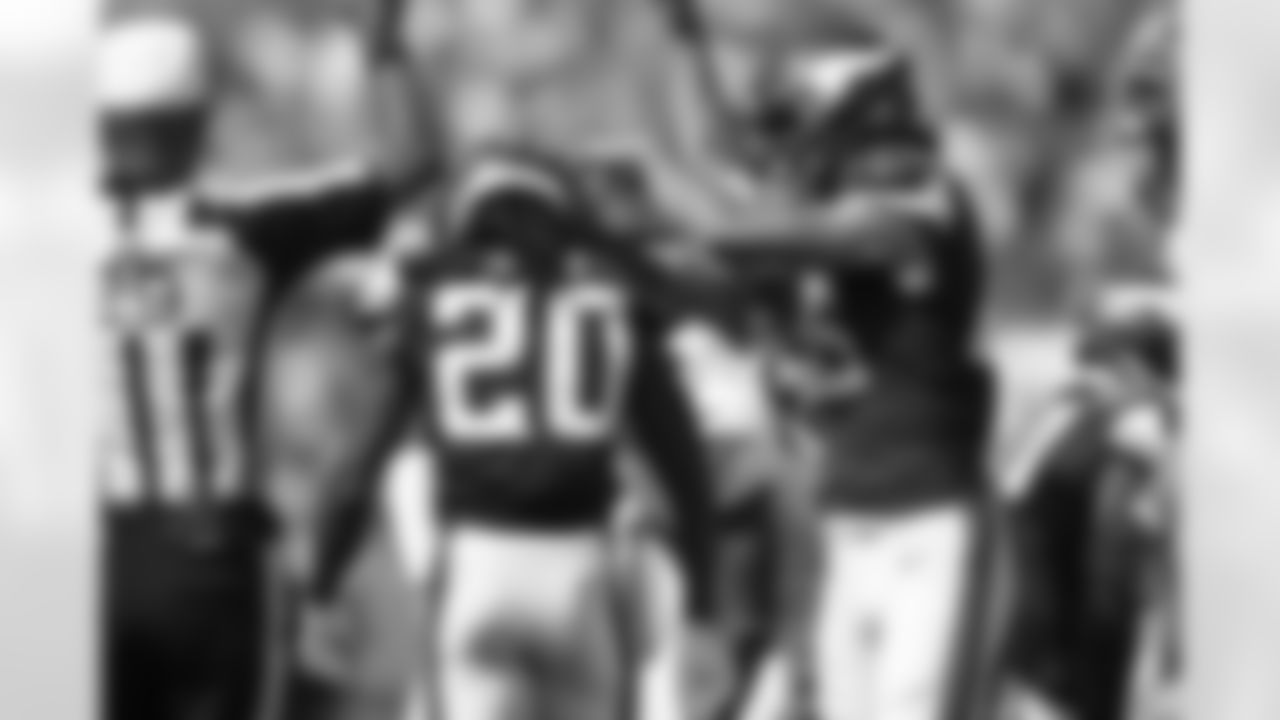
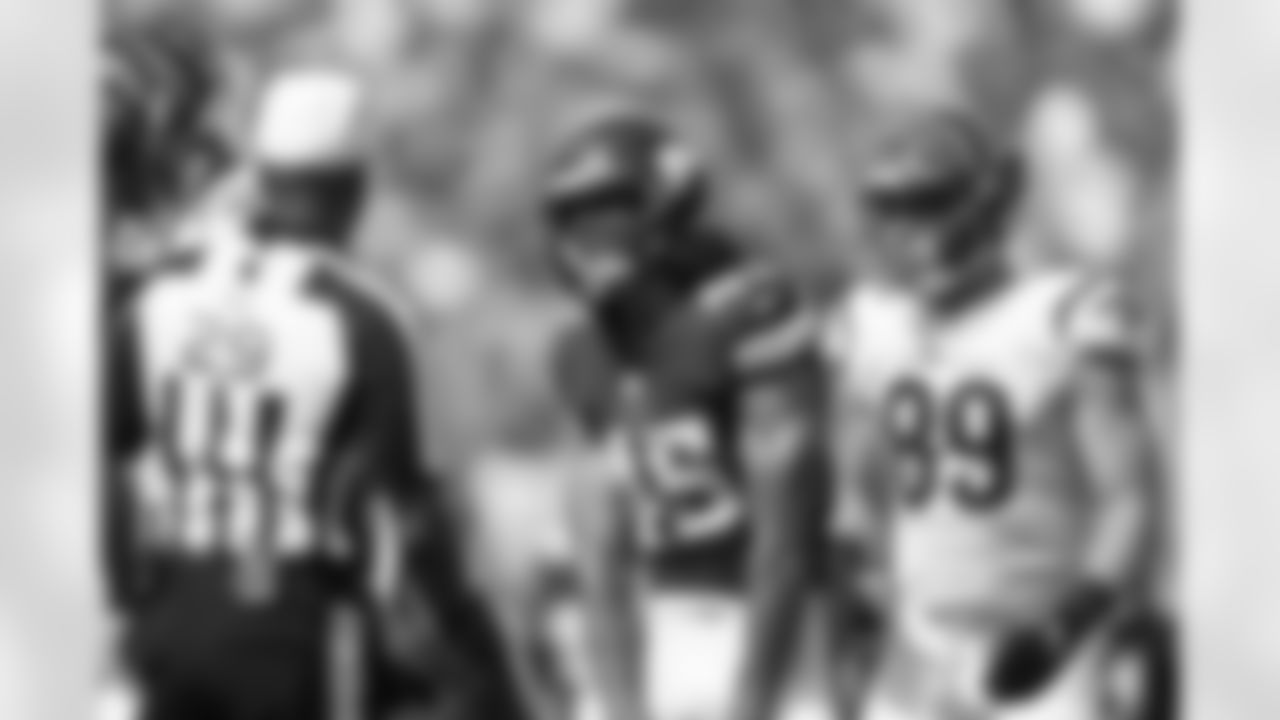


Zimmer said it was tough to evaluate Kubiak's debut given the frustrating circumstances.
"You know, it's hard. I'm talking to him the whole game," Zimmer said. "There's a lot of things that came up throughout the course of the game that we talk about.
"But you know, there ain't many calls when it's third-and-24. We converted one, but there's not very many calls you're going to make doing that," Zimmer added. "They had a little bit different alignments in there, so we had to adjust there for a while."
The Vikings ended up with 50 passes (49 by Kirk Cousins and the first throw of Justin Jefferson's career), but 53 total pass plays if you include three sacks.
Minnesota, which prefers to be a run-first team, tallied just 22 rushing attempts. That pass-play percentage of 70.67 is the highest in the NFL since Atlanta had a 68.65 pass-play percentage in 2013.
Expect that rate to go down in the coming months for the Vikings, who will hopefully eliminate the penalties and give Kubiak full use of the playbook.
"You put yourself in a bad situation where you have to throw the ball, and that's not how we're built," Zimmer said.













